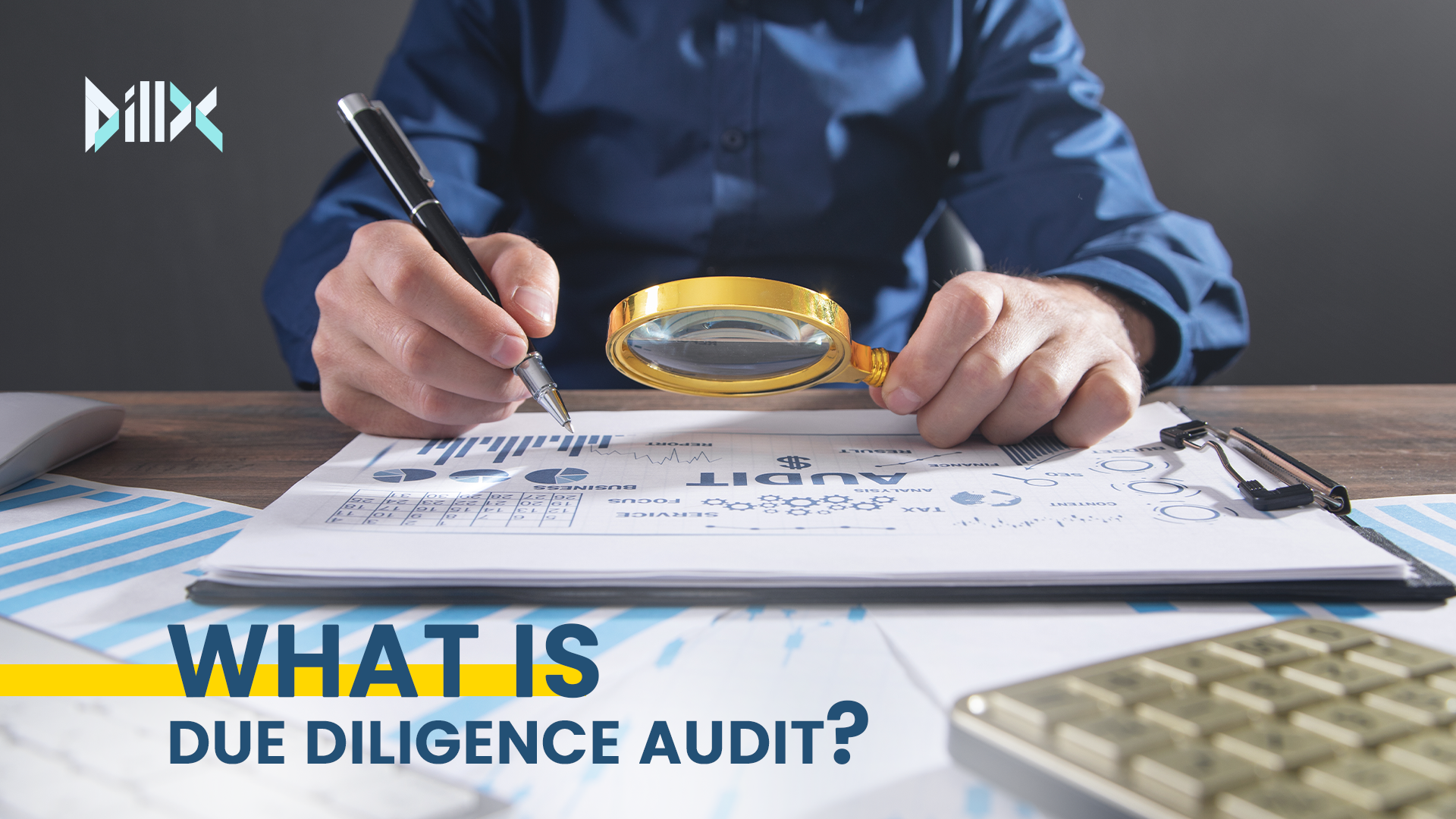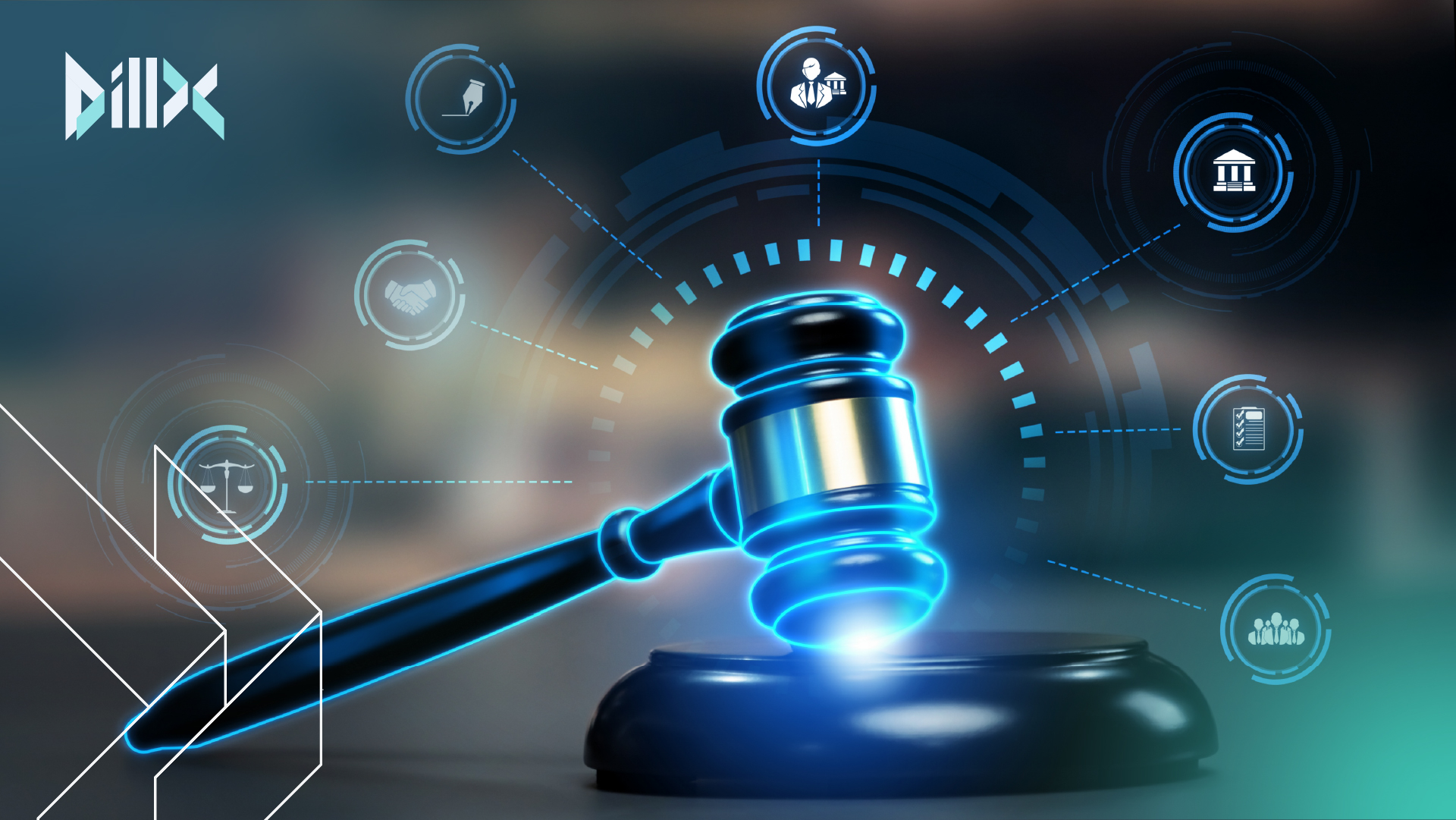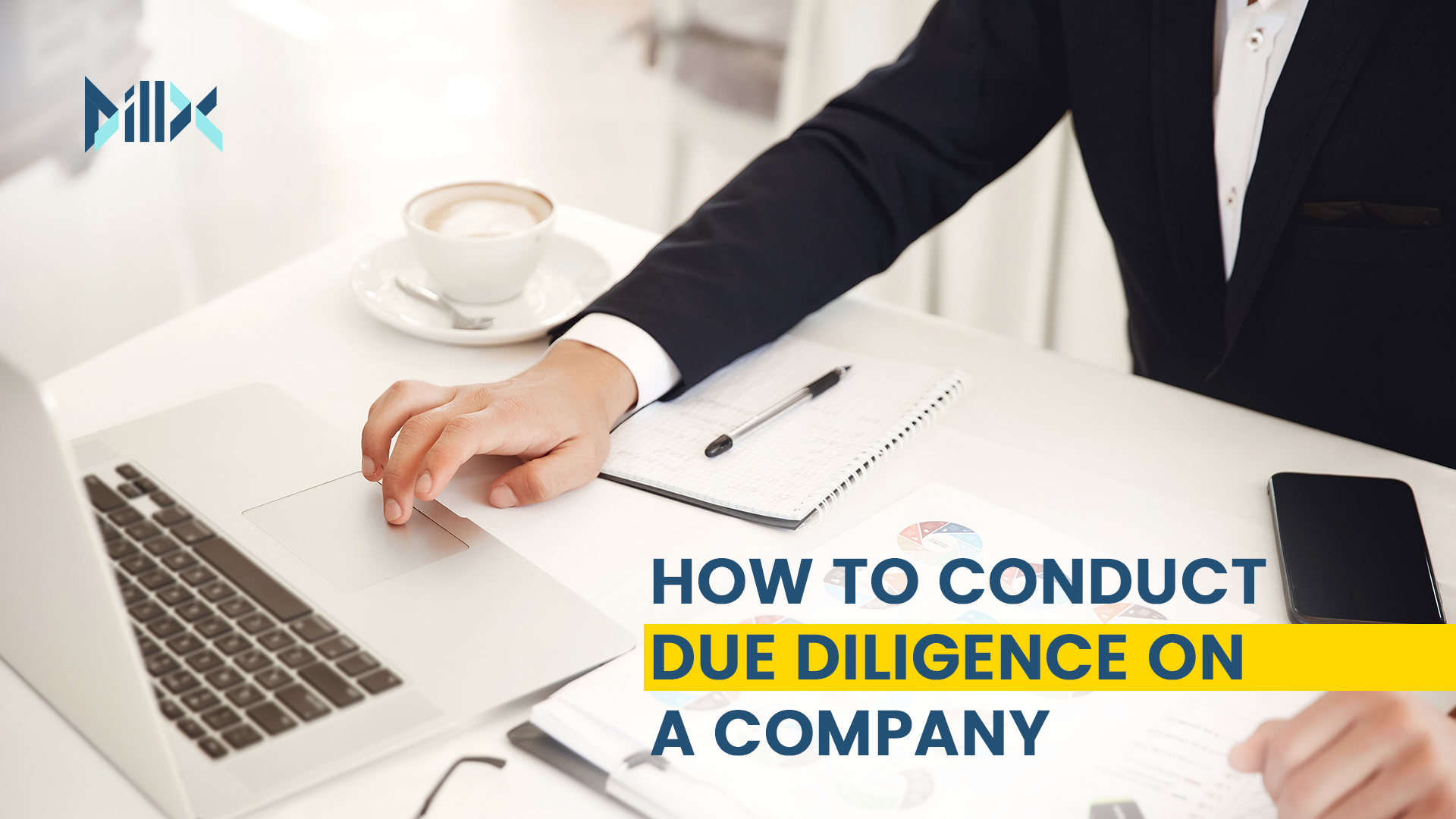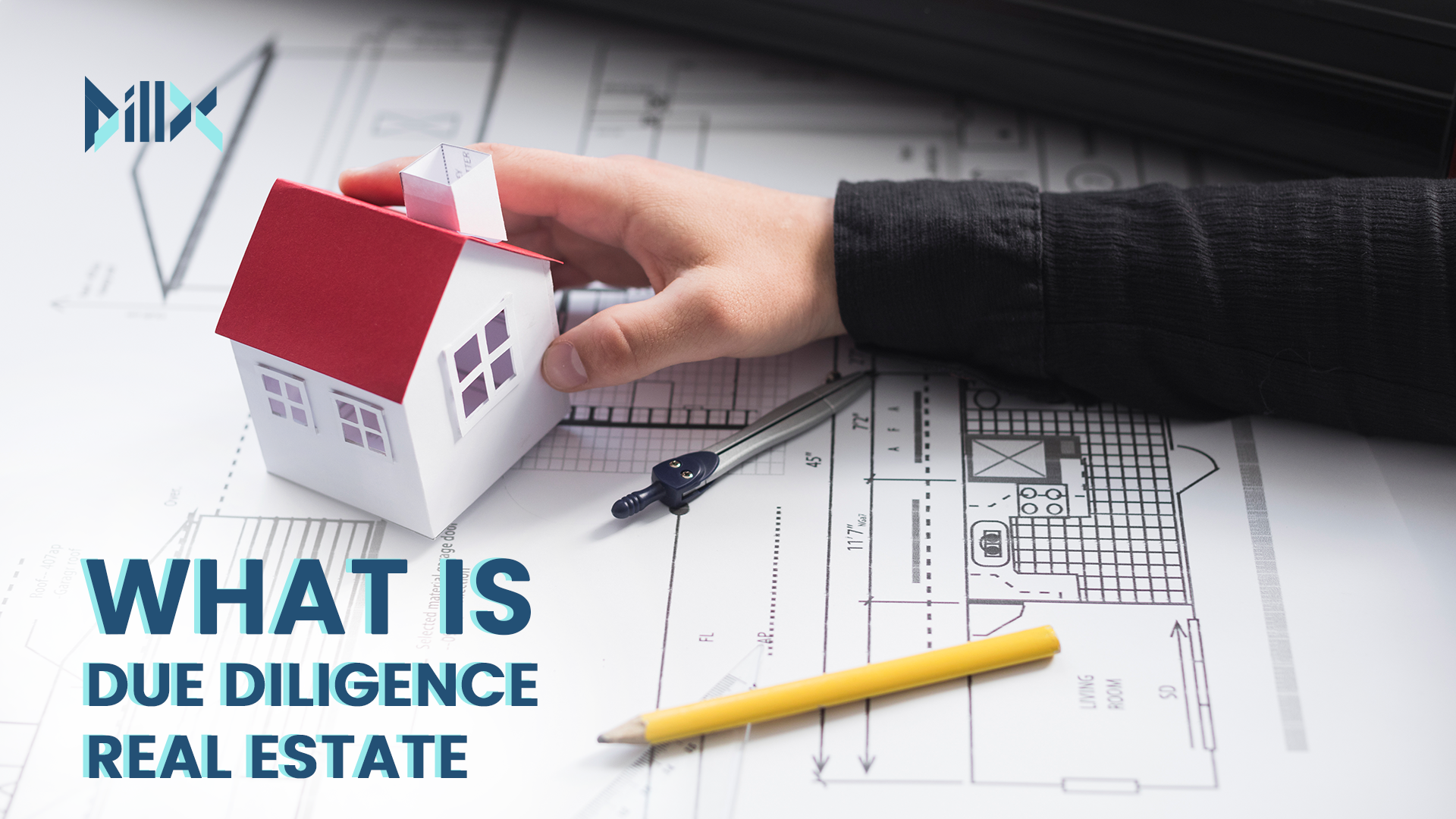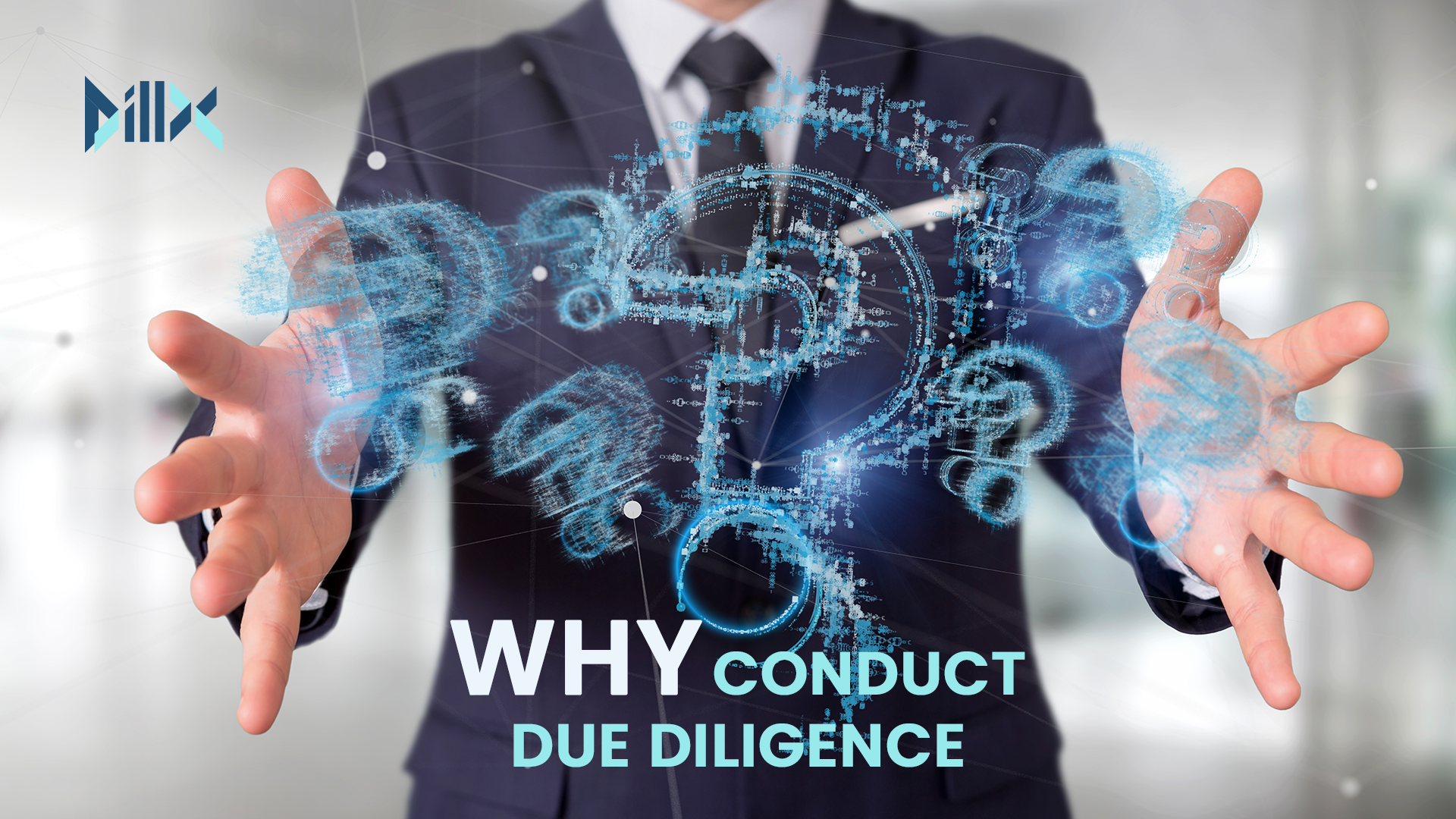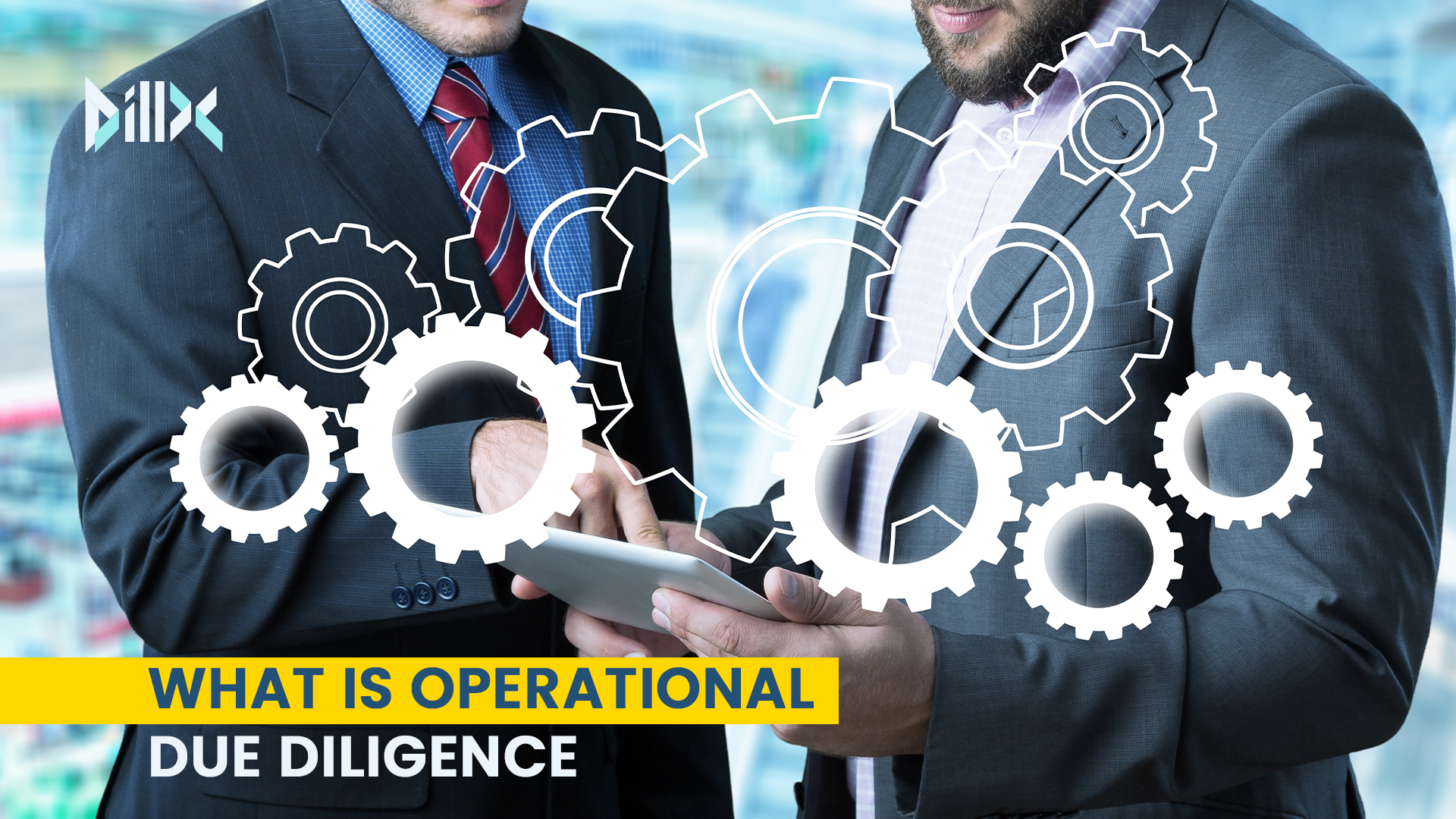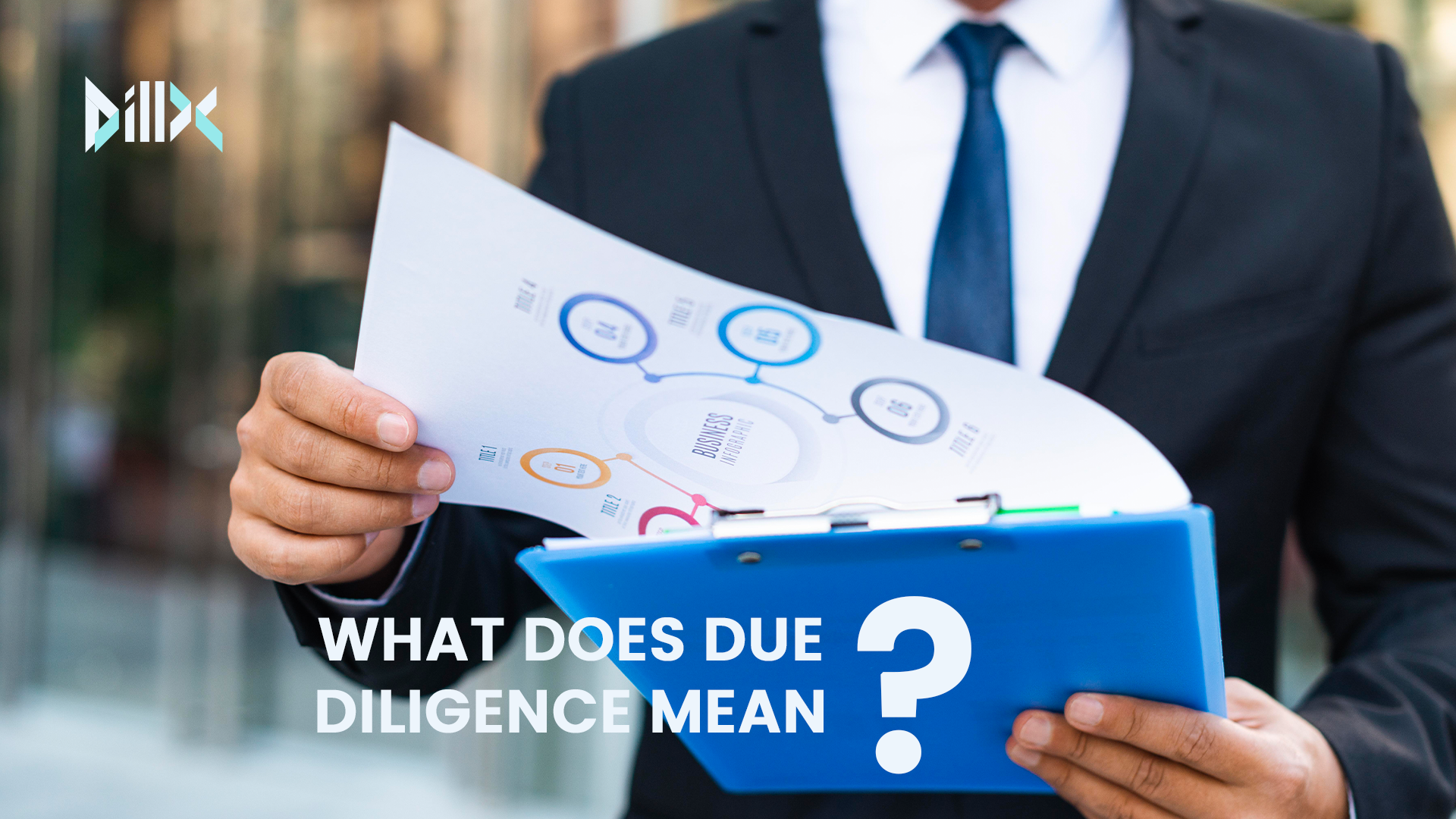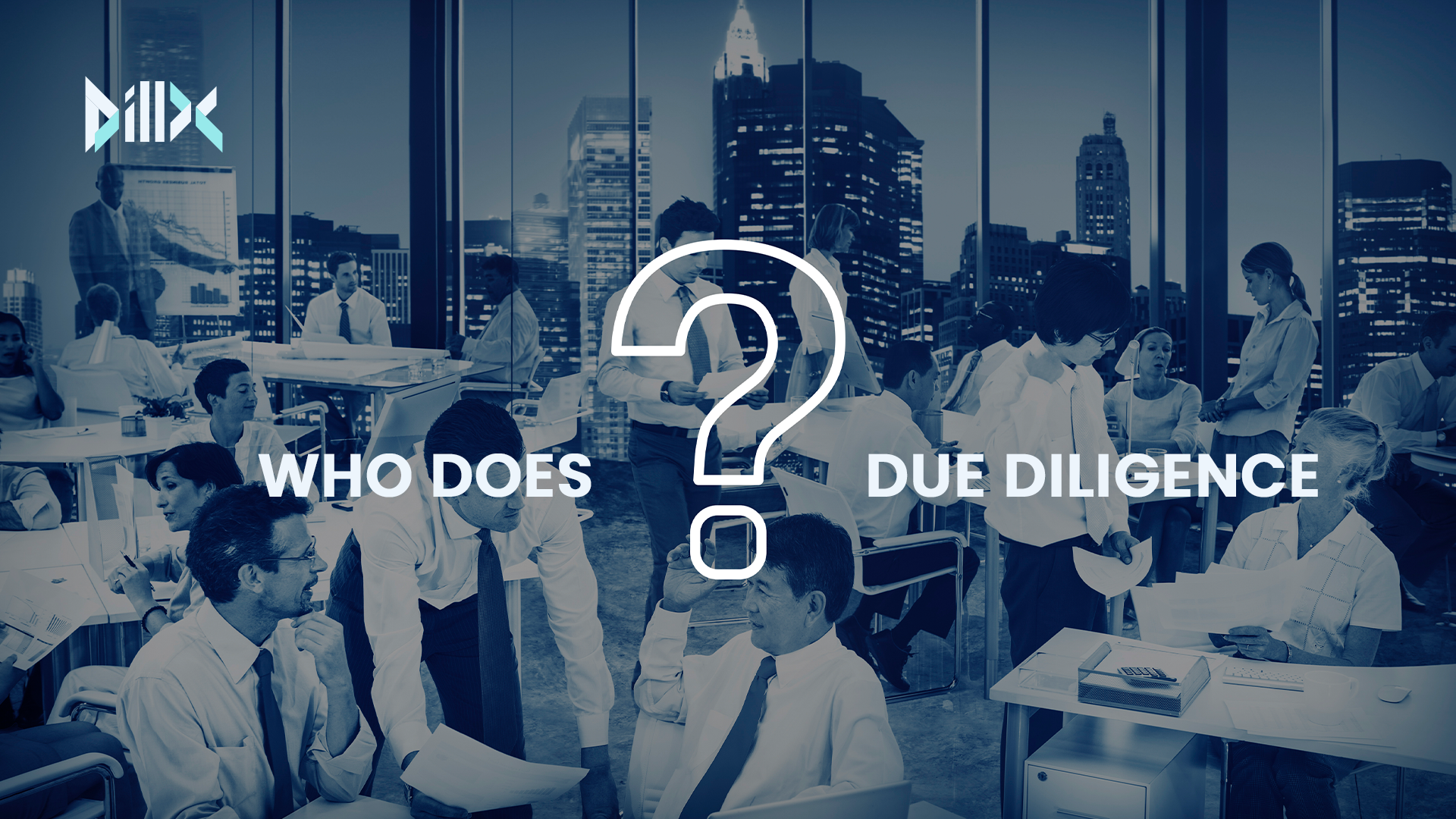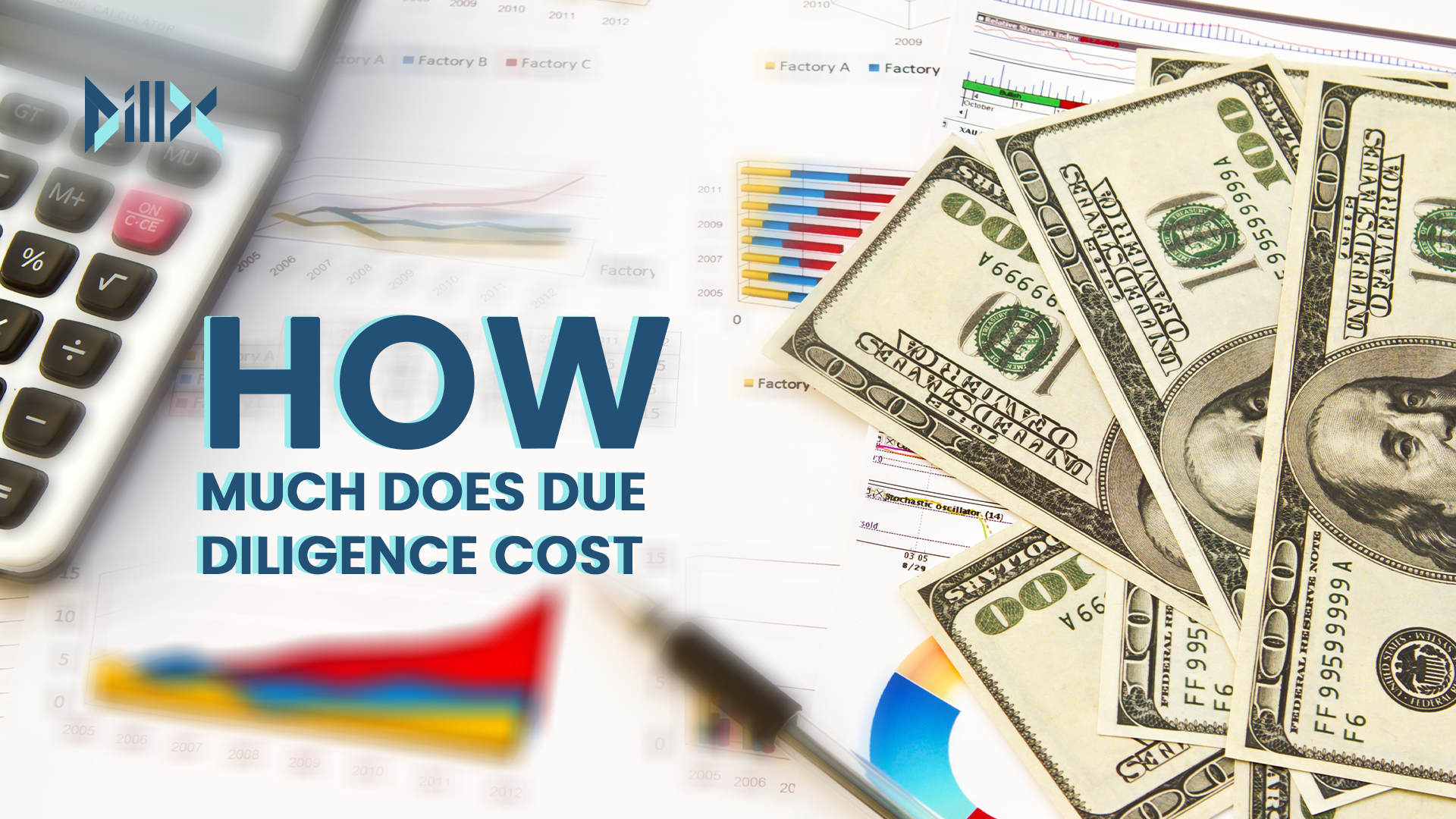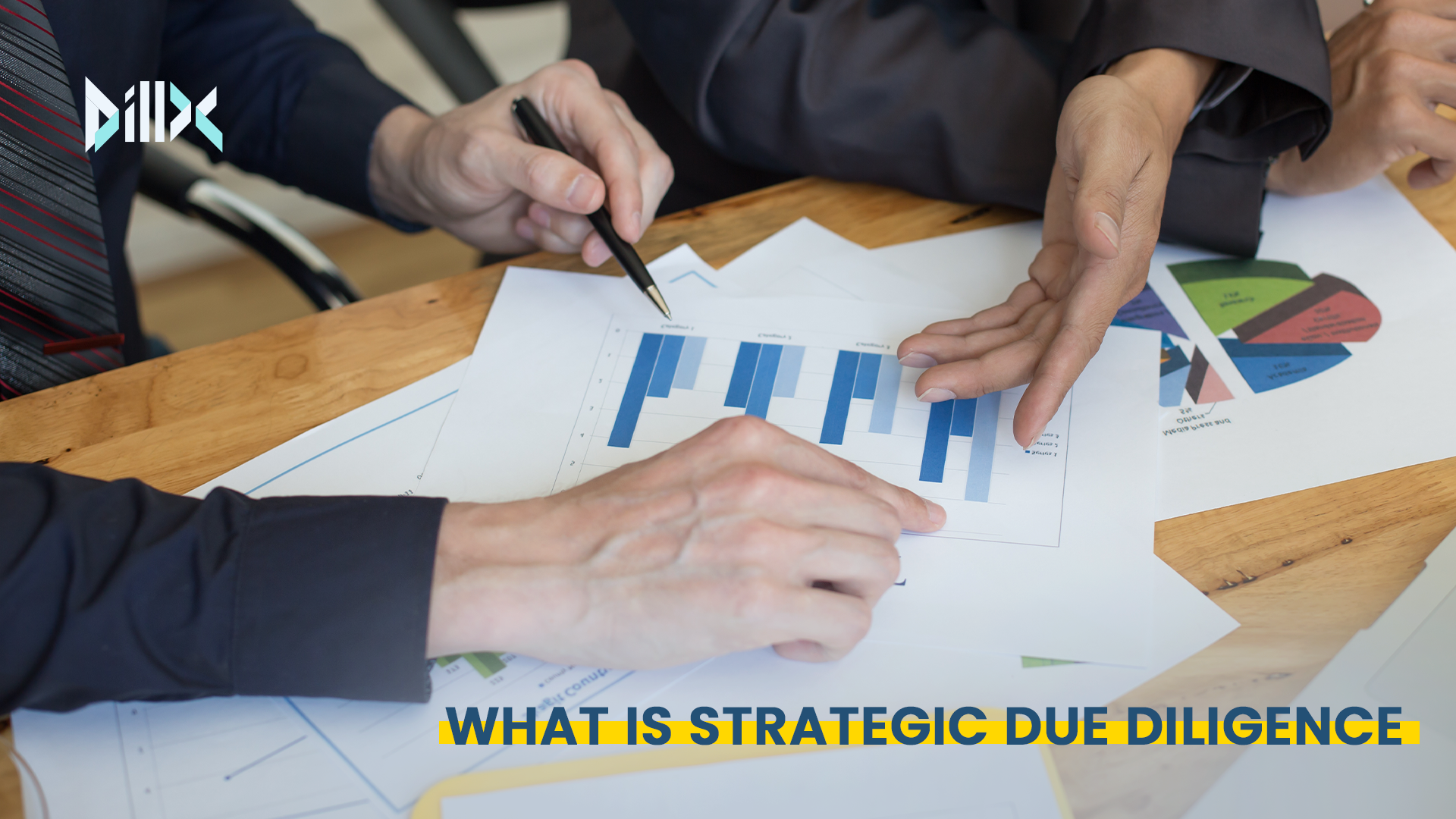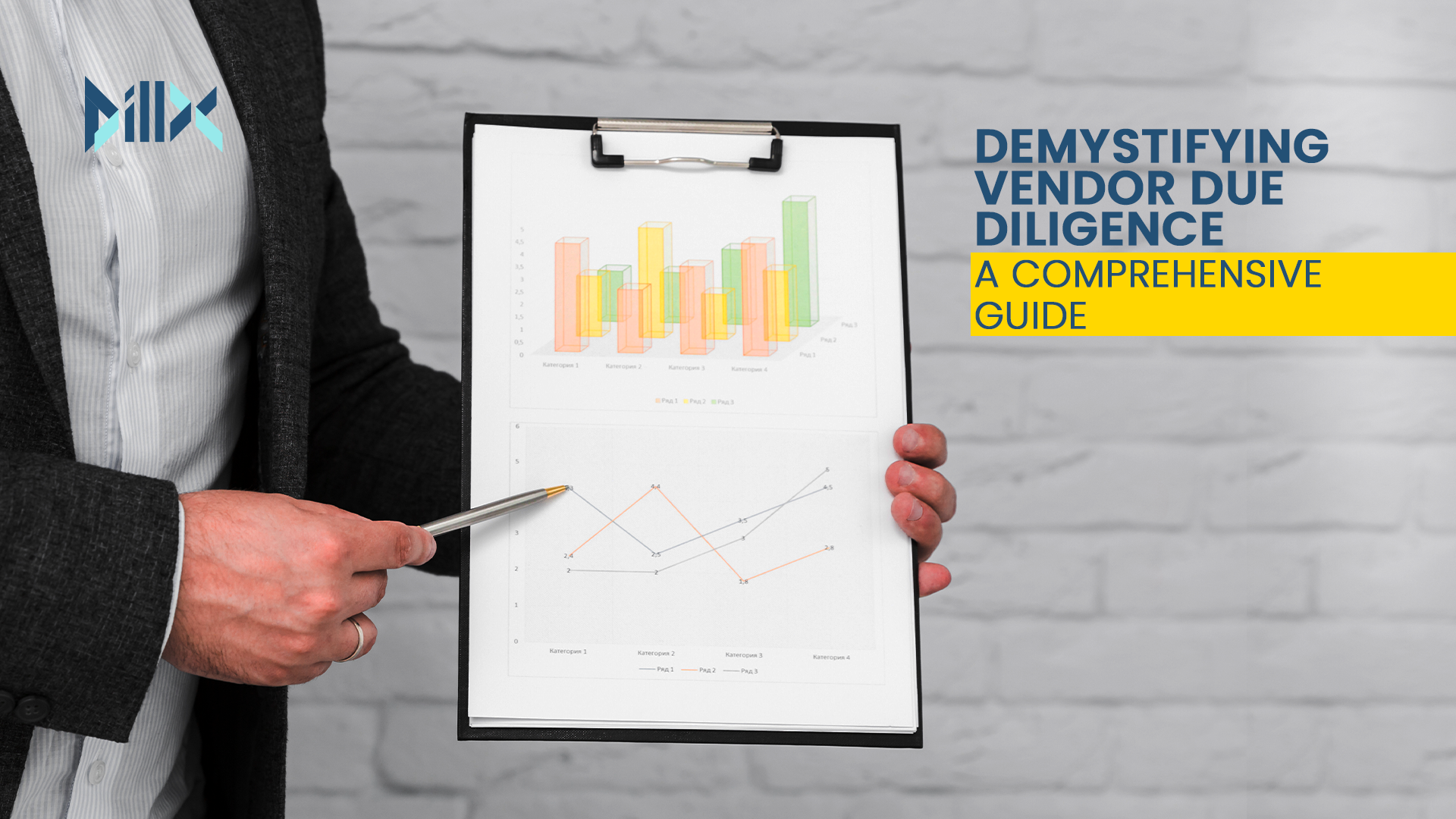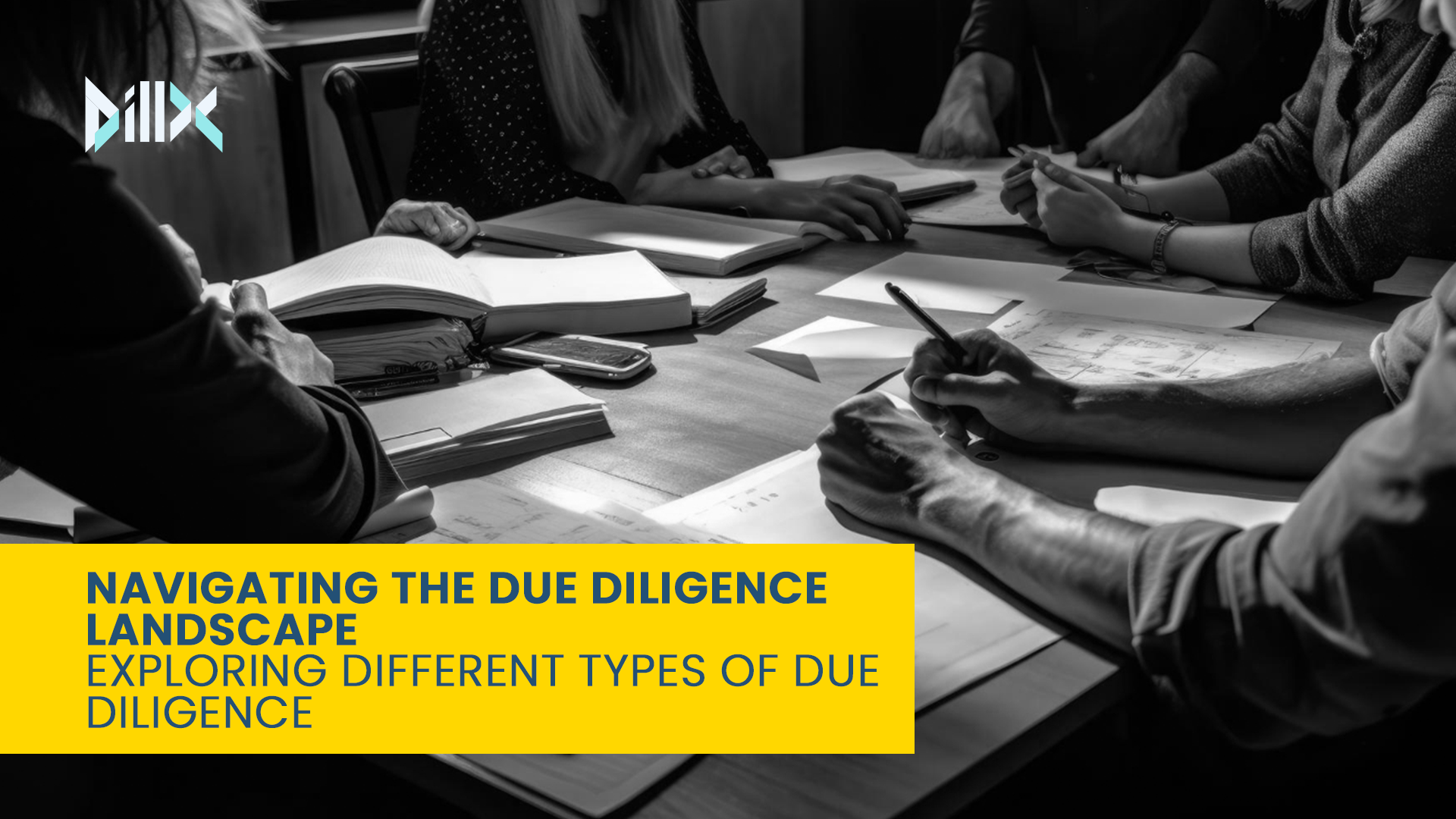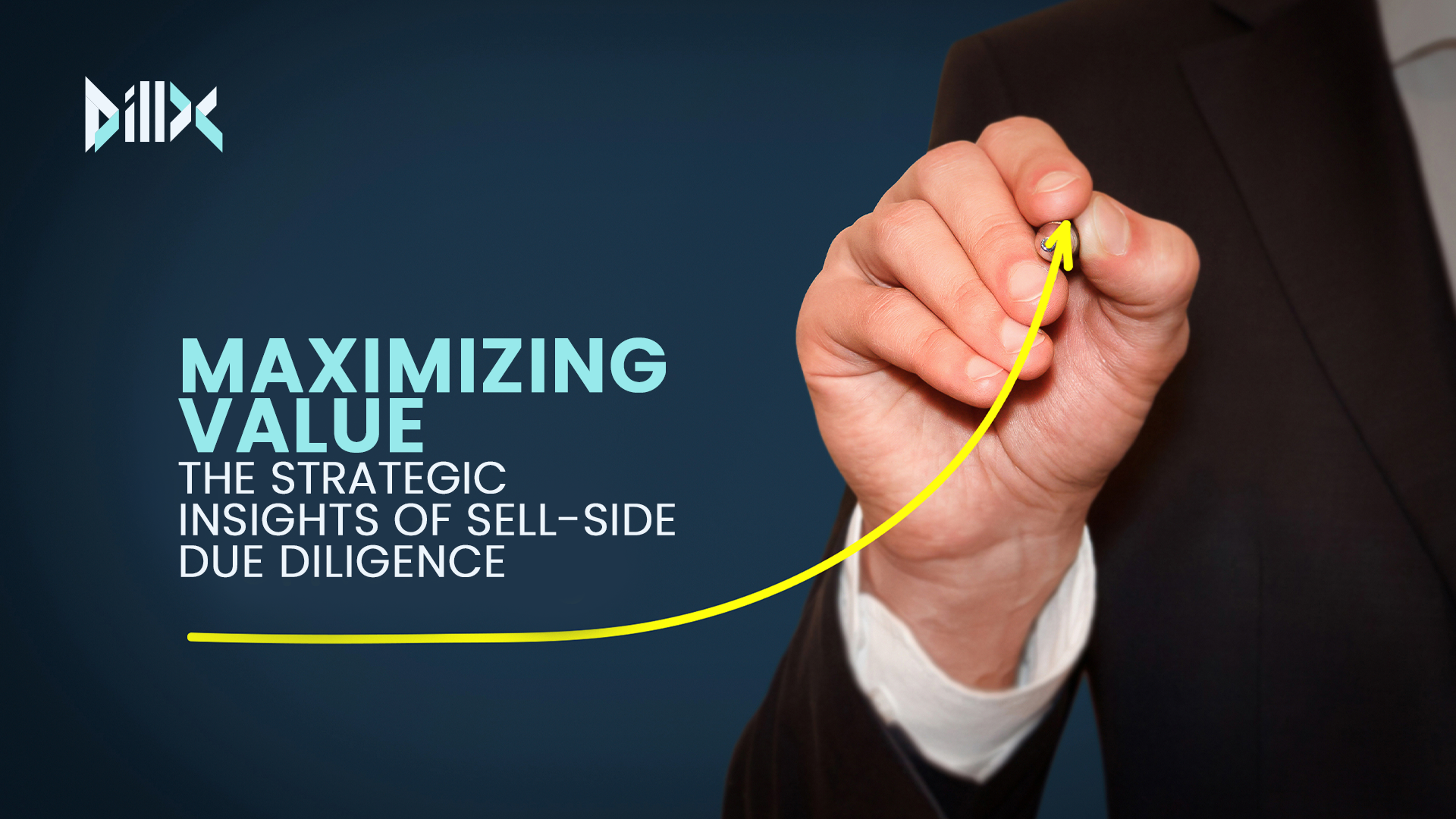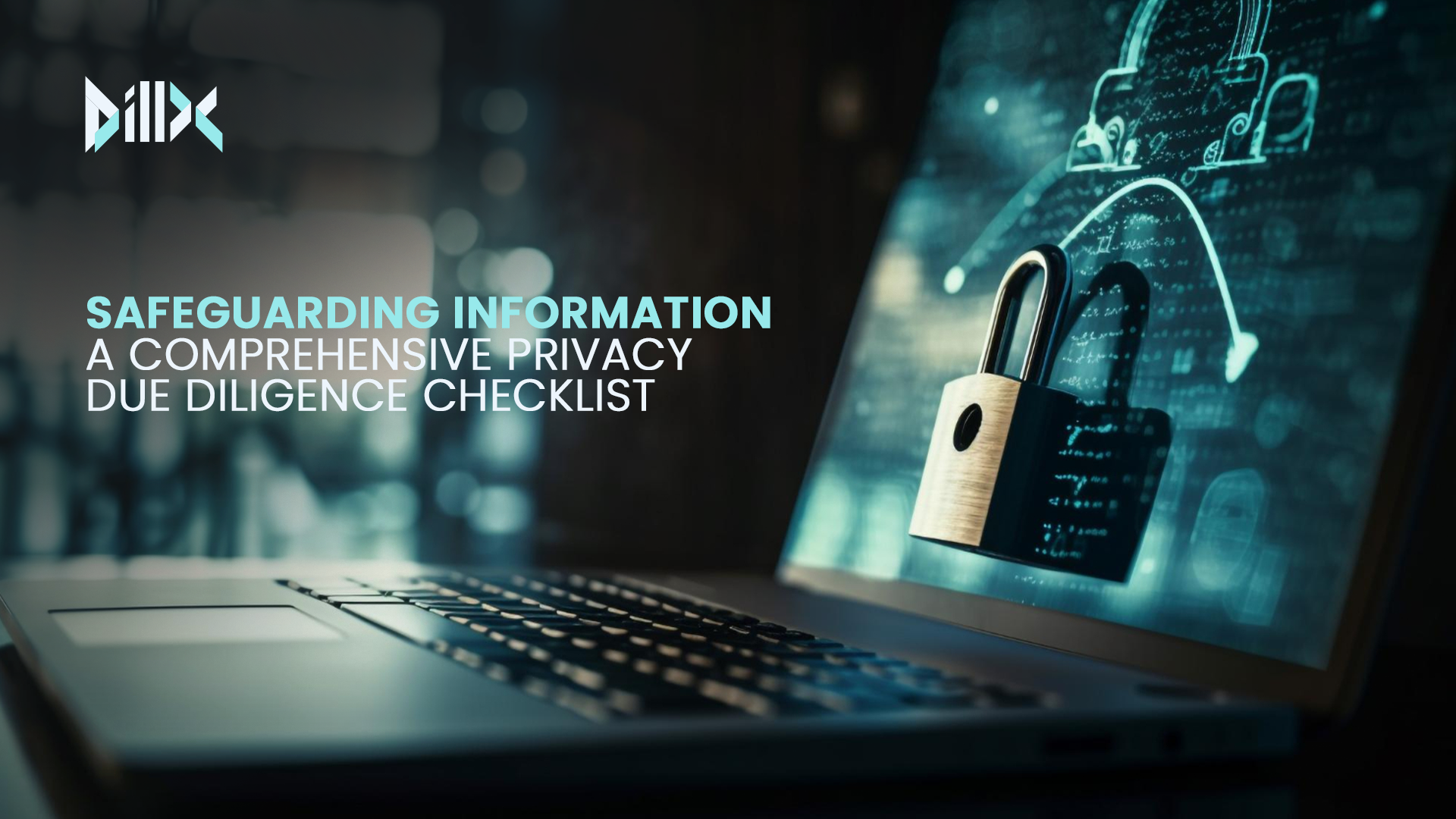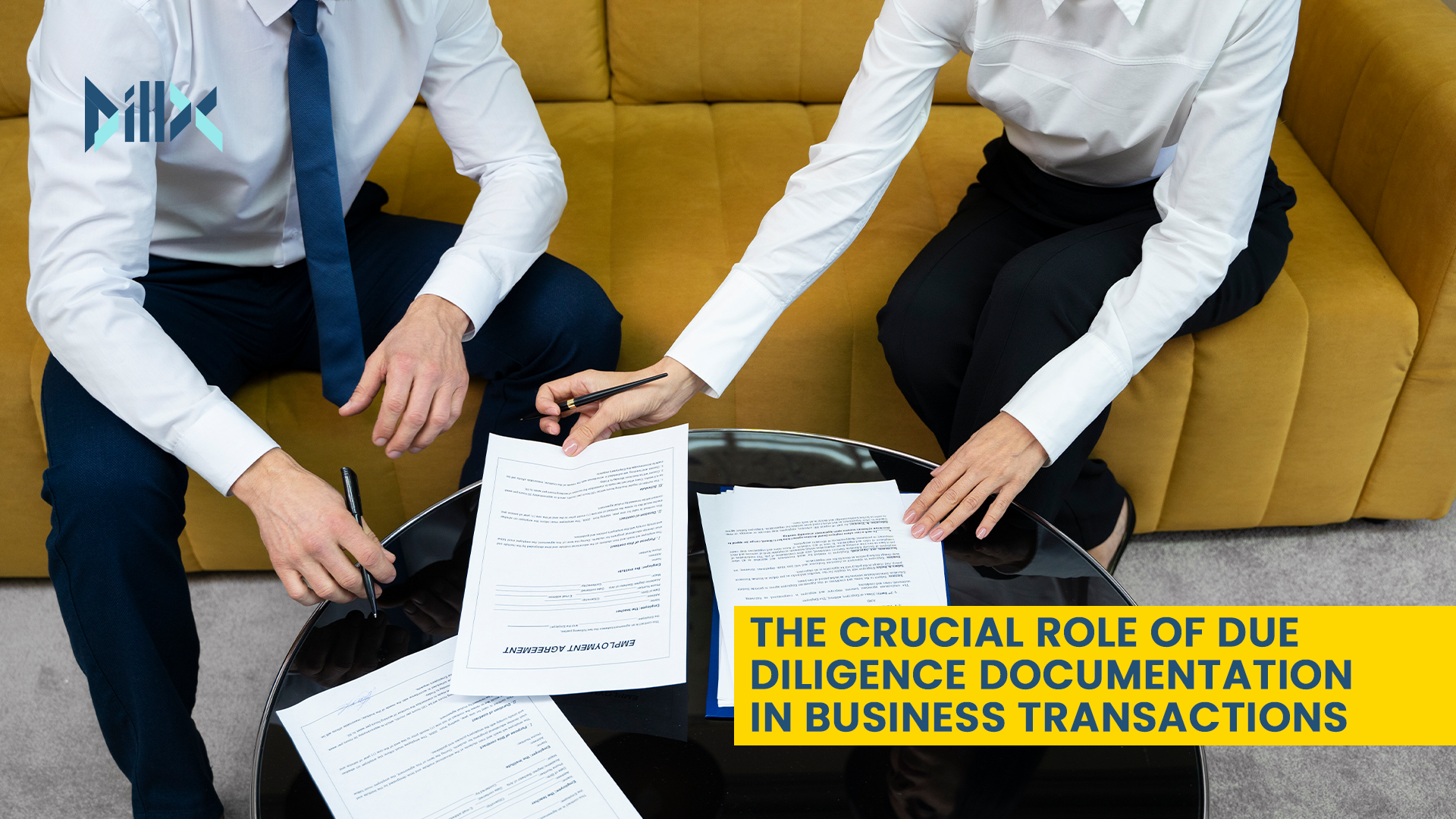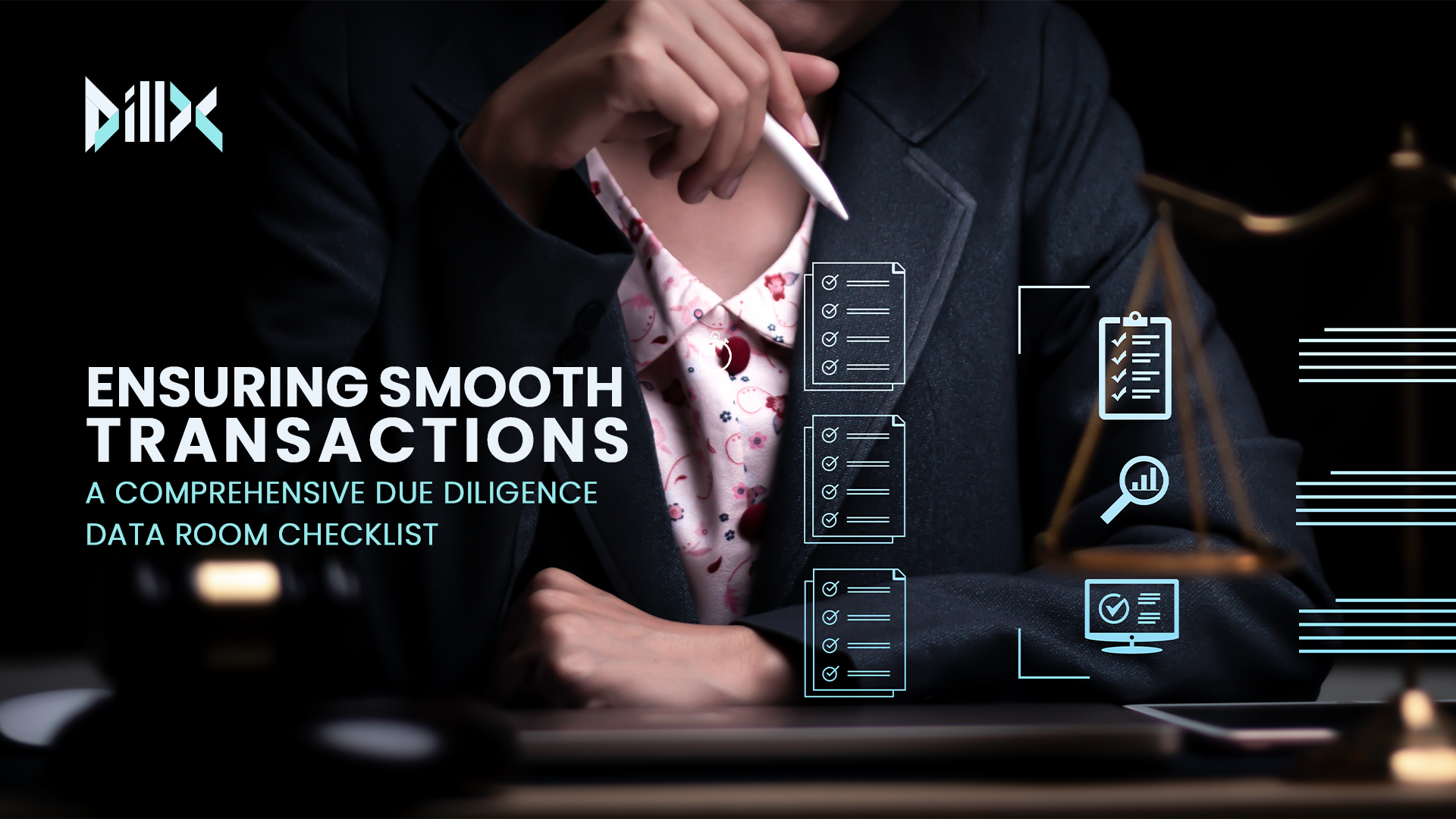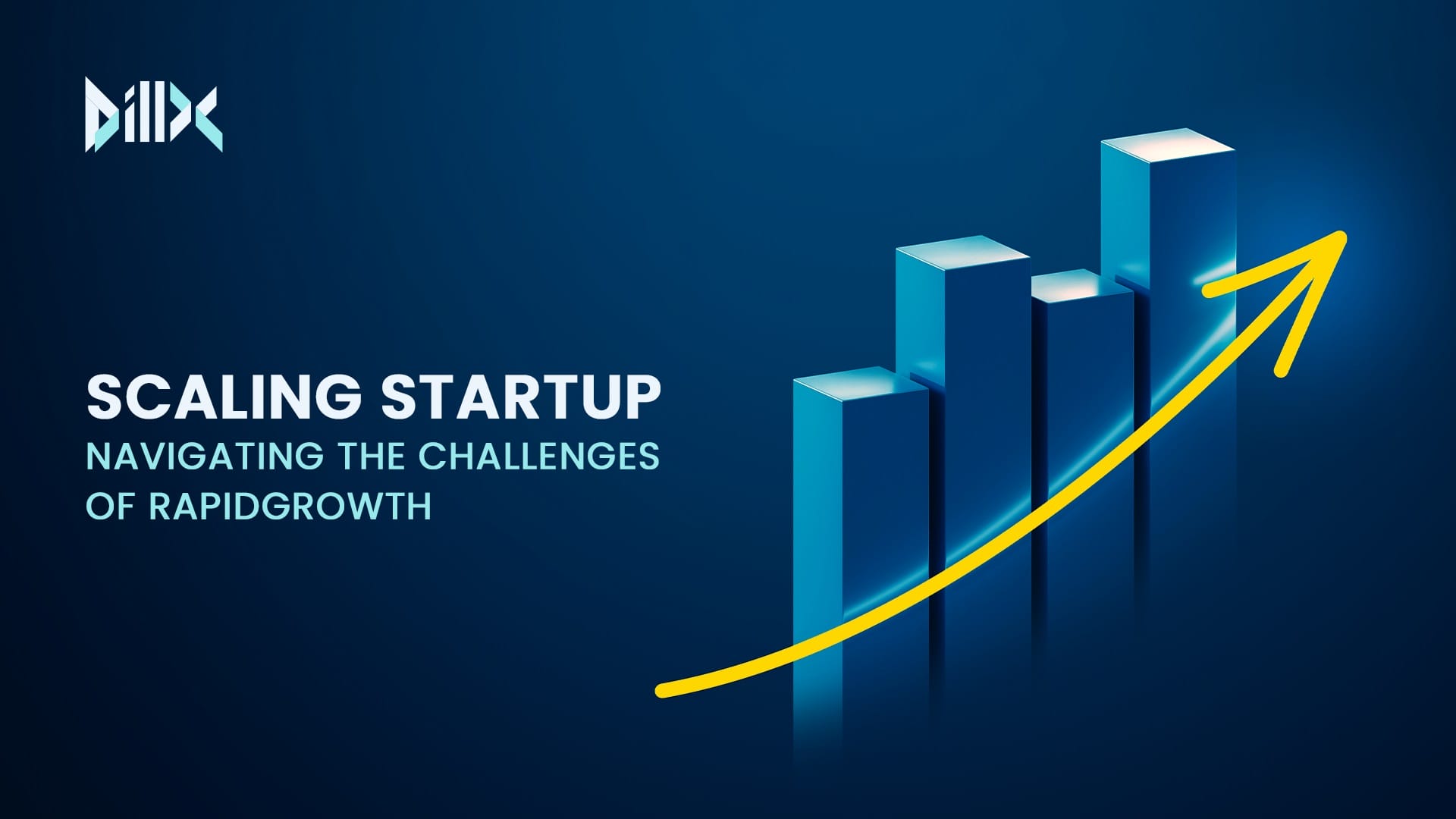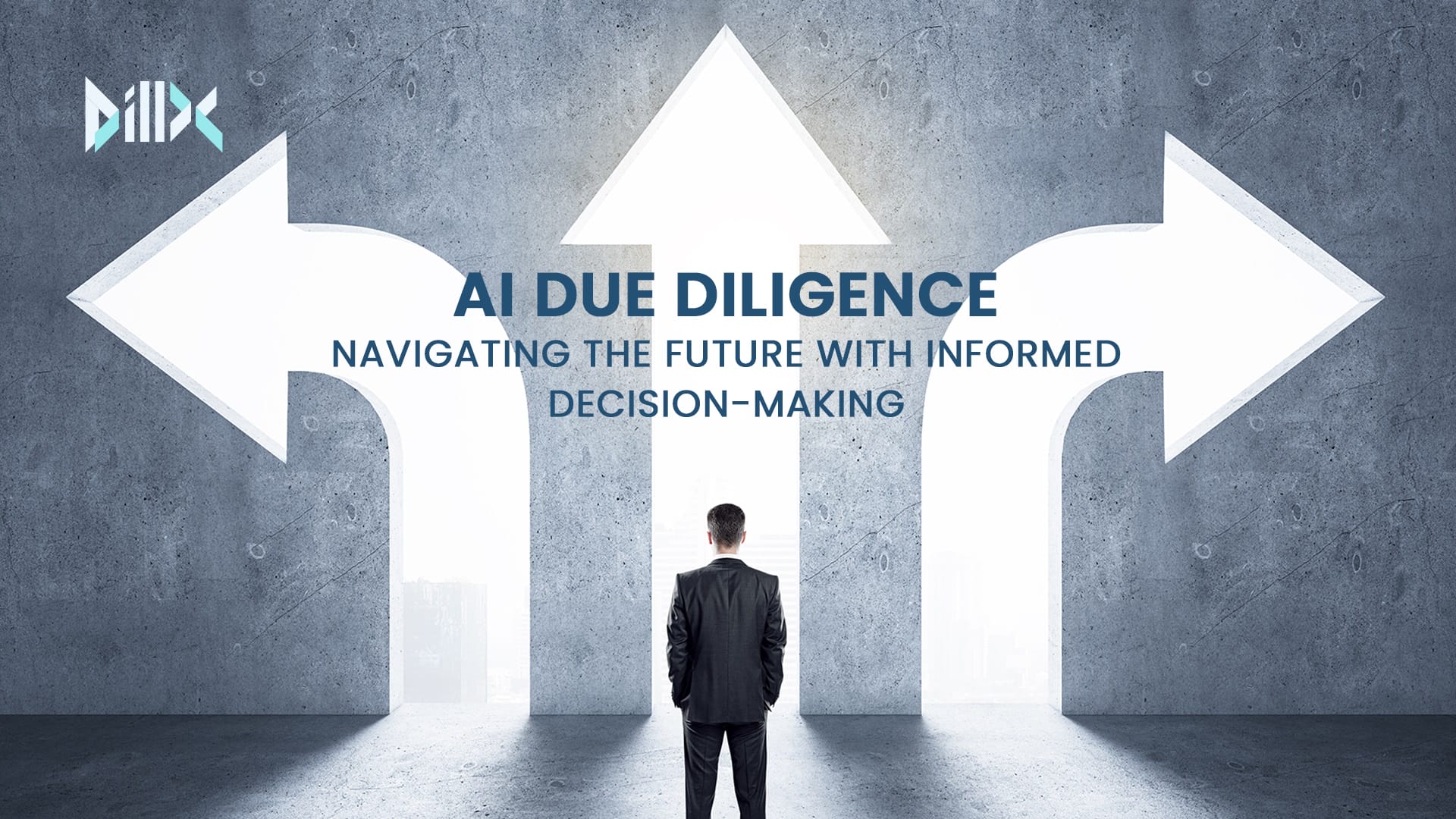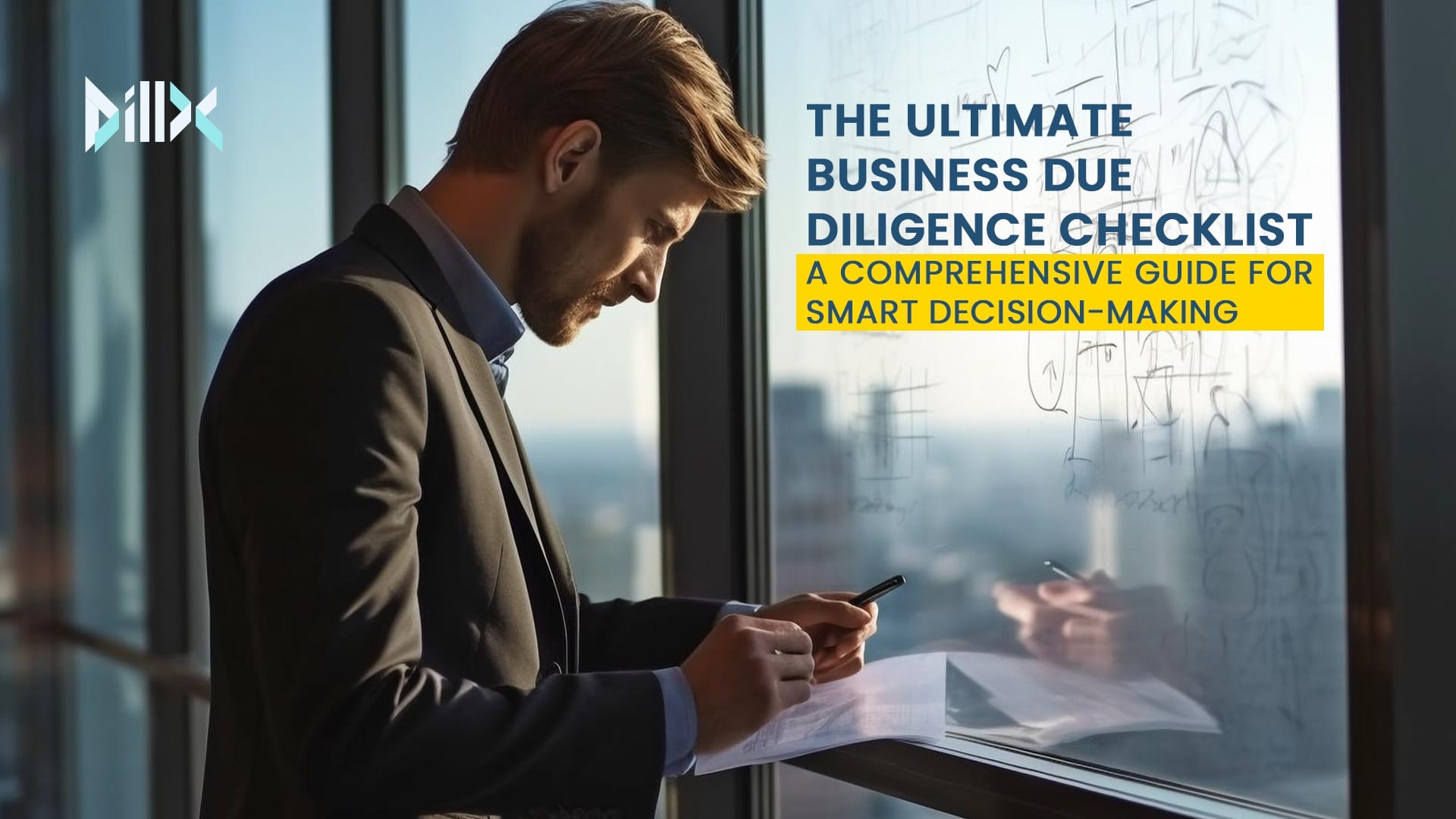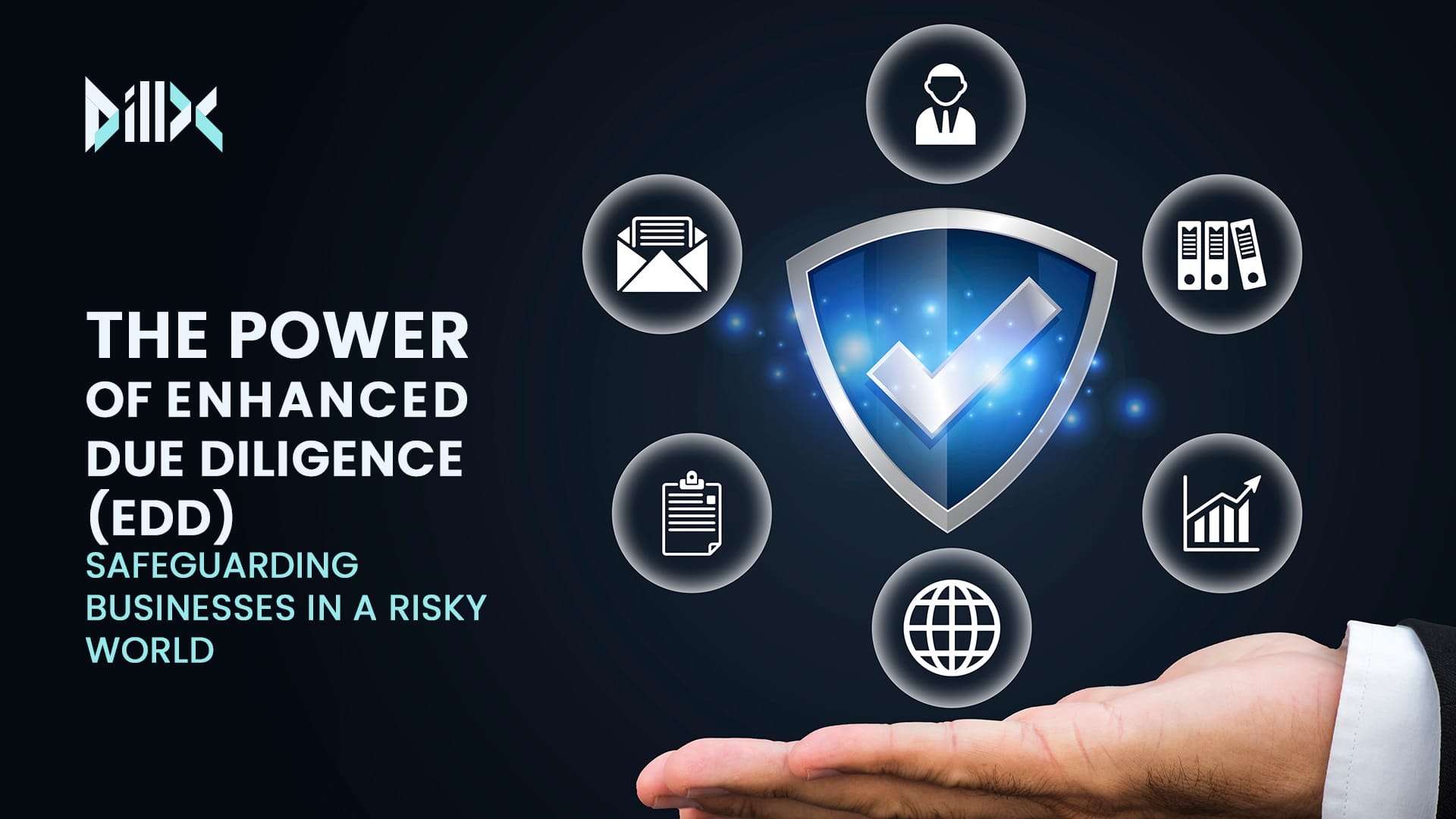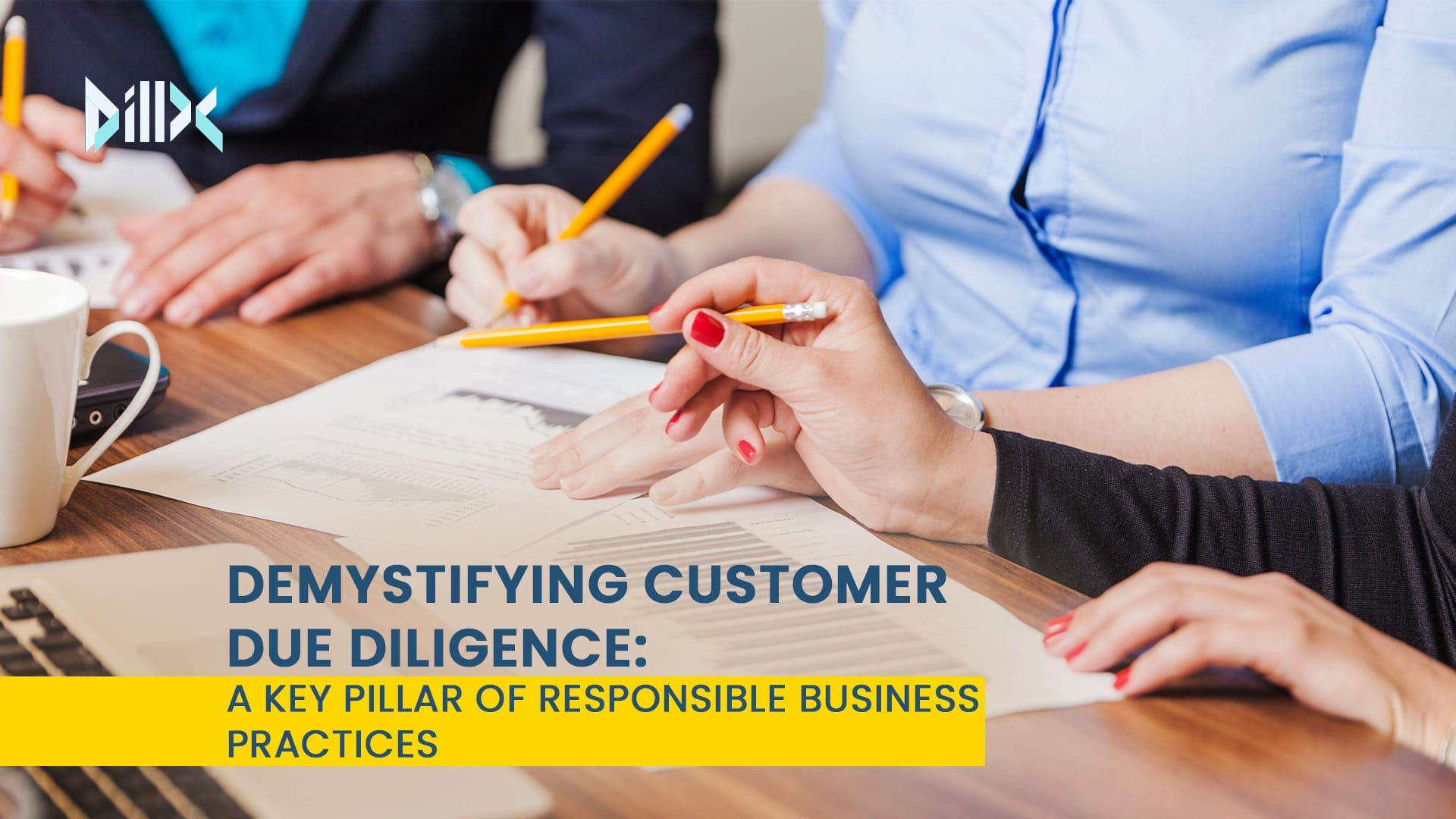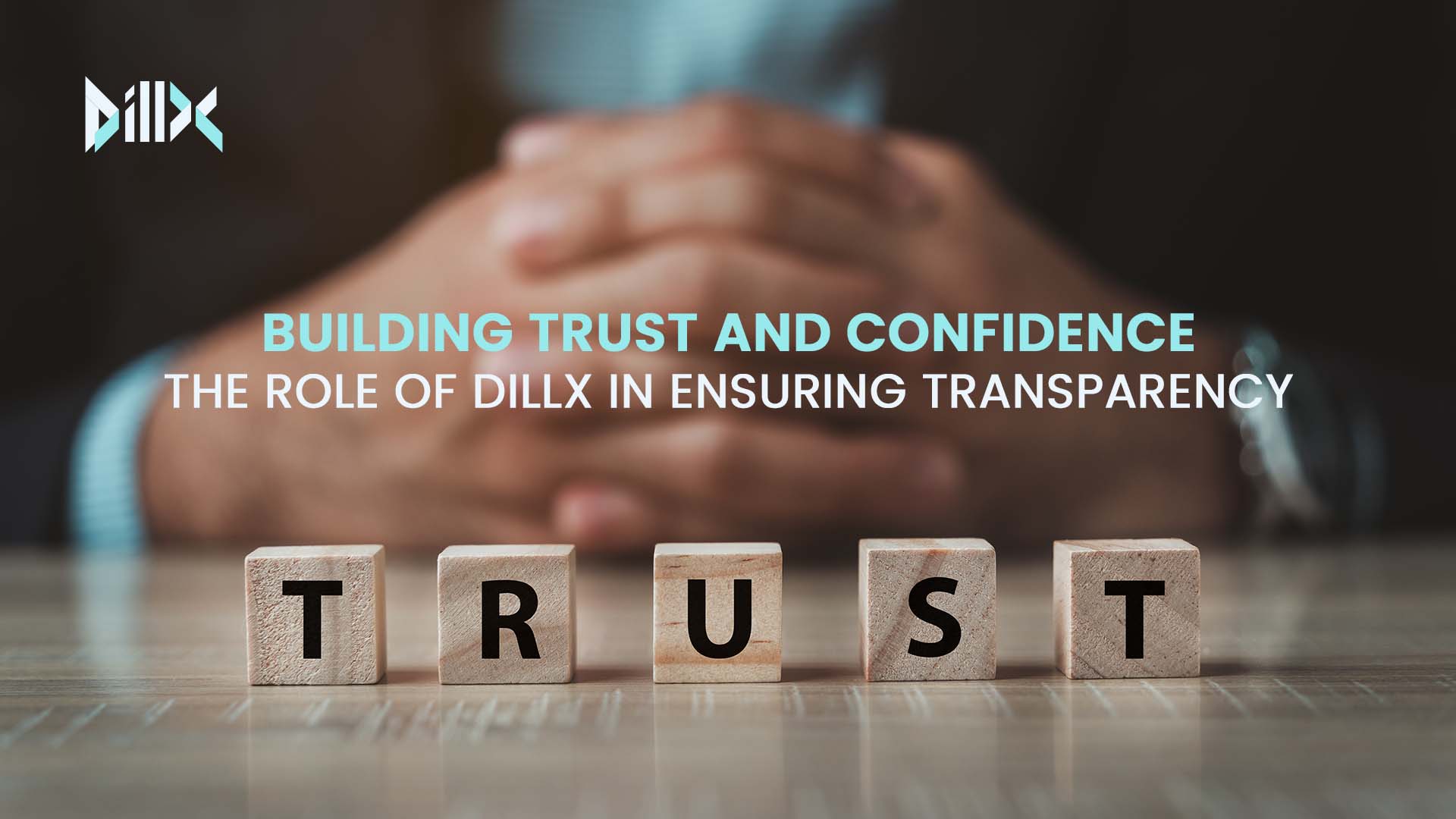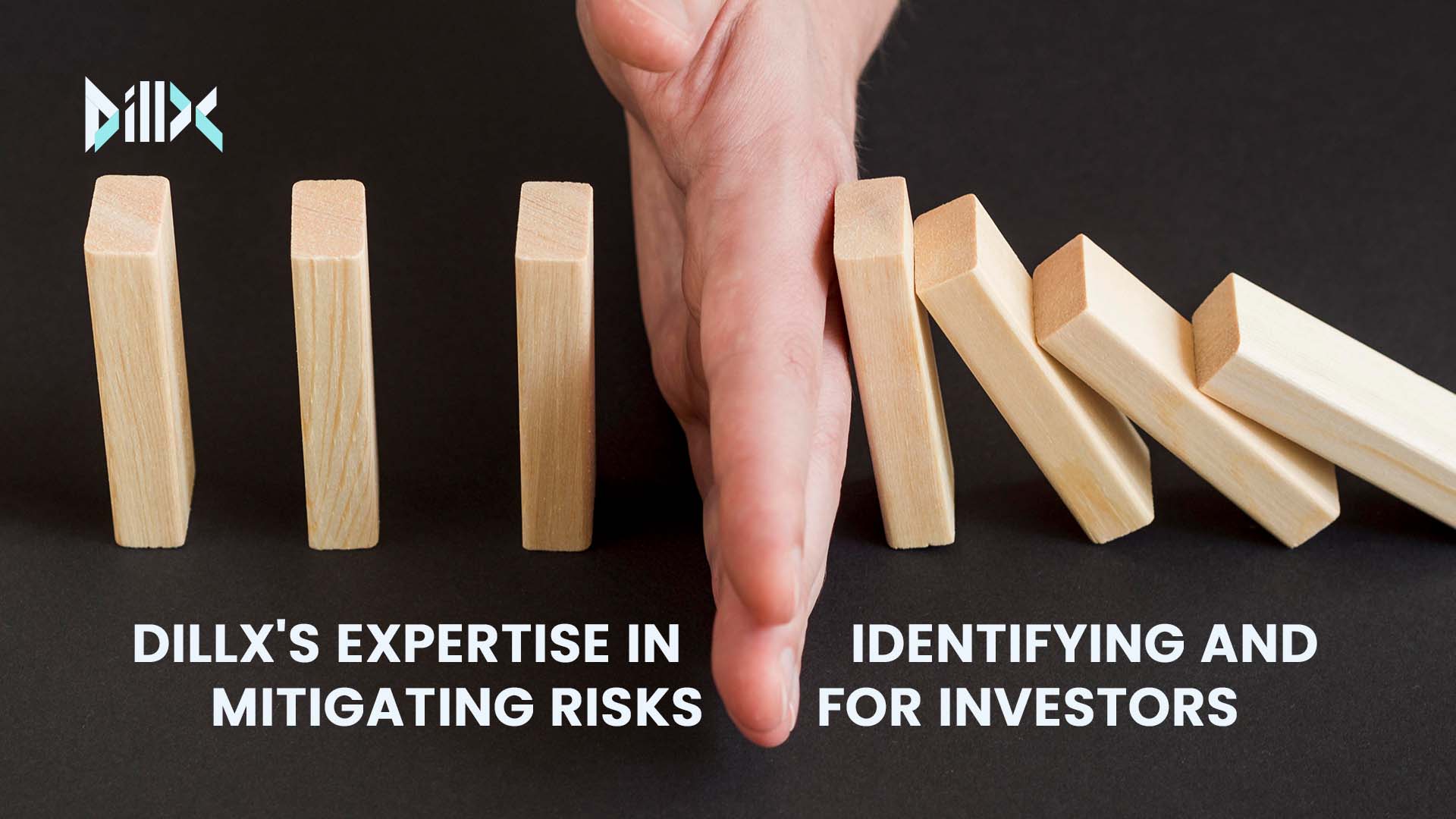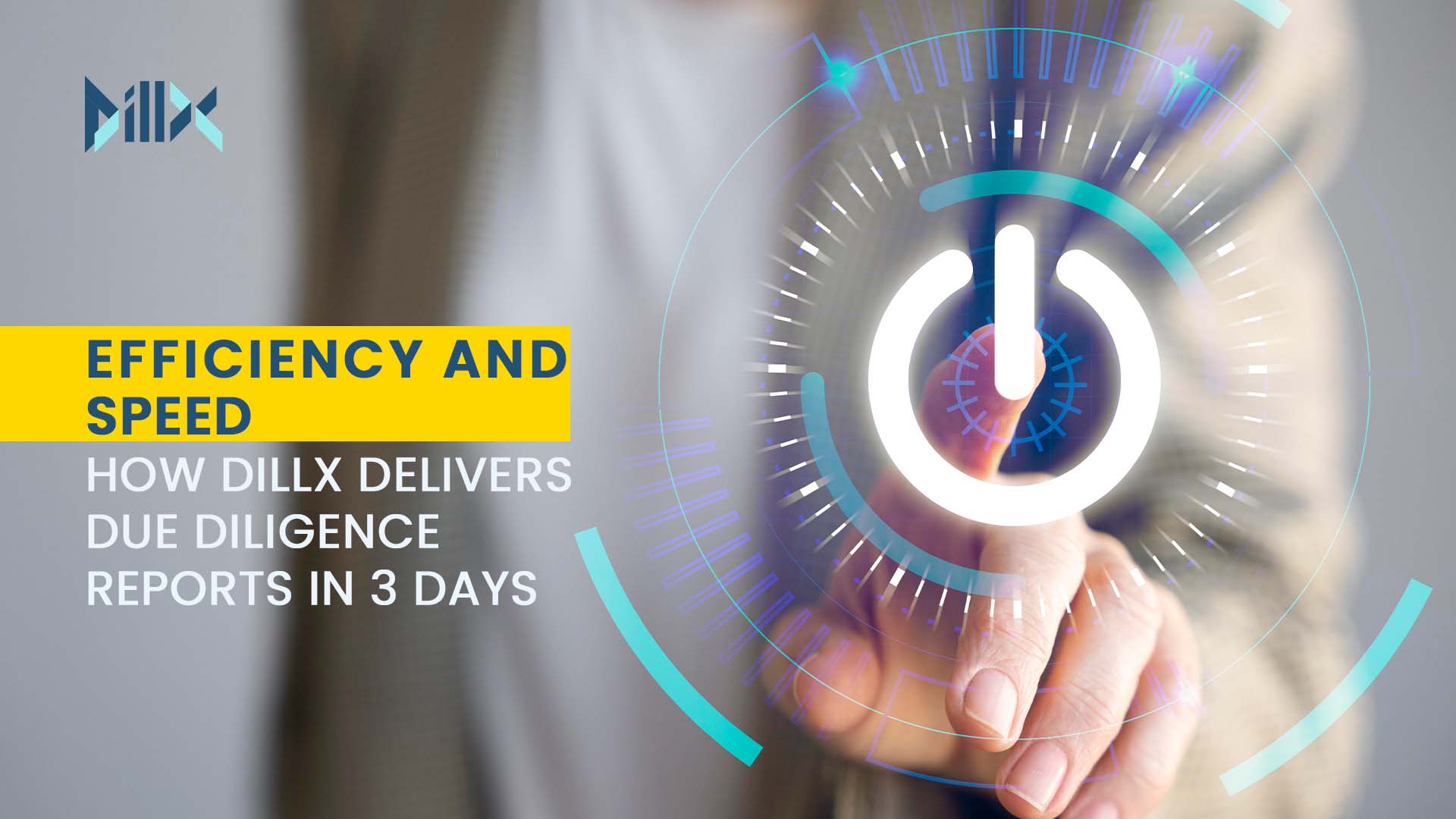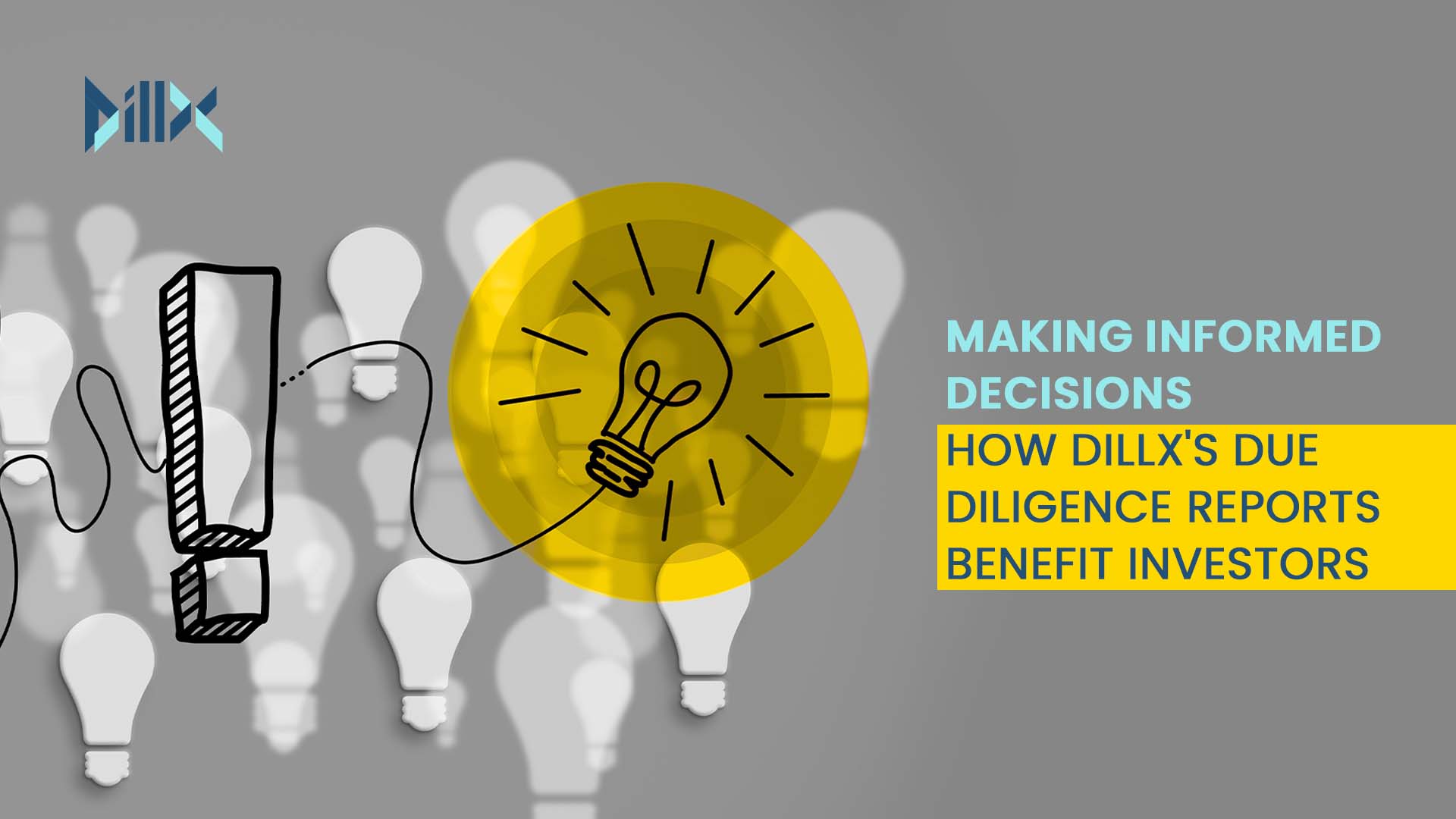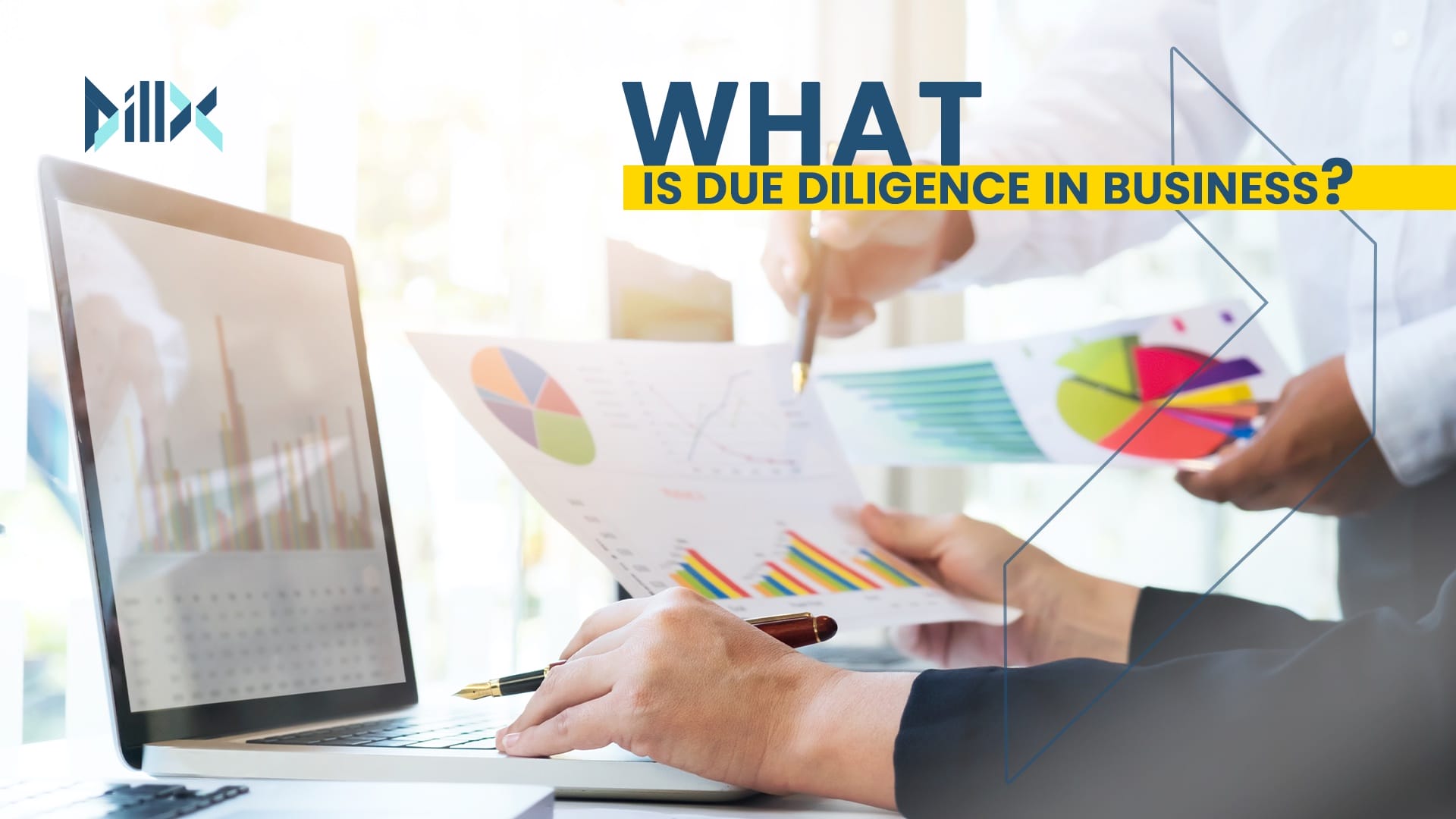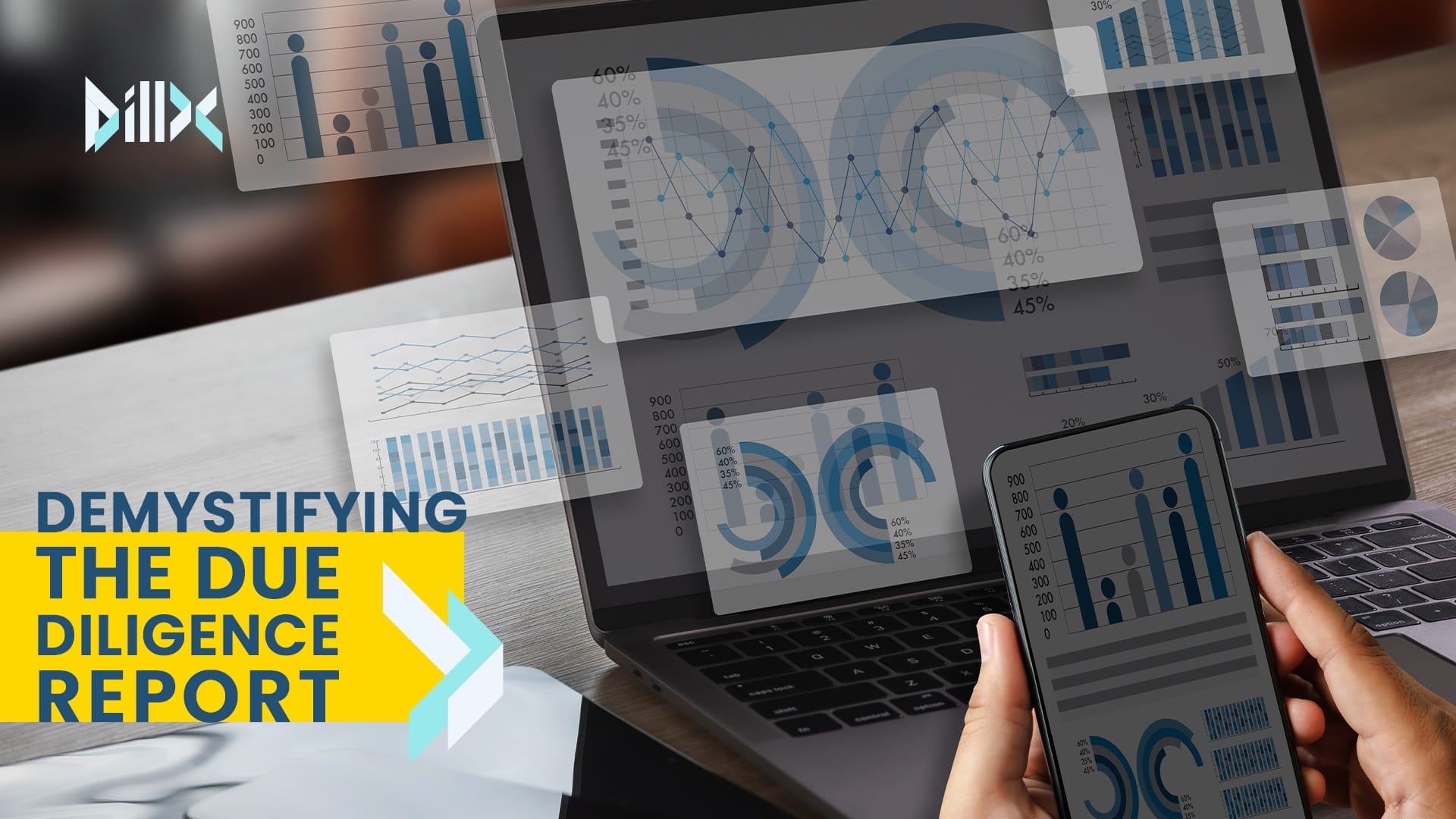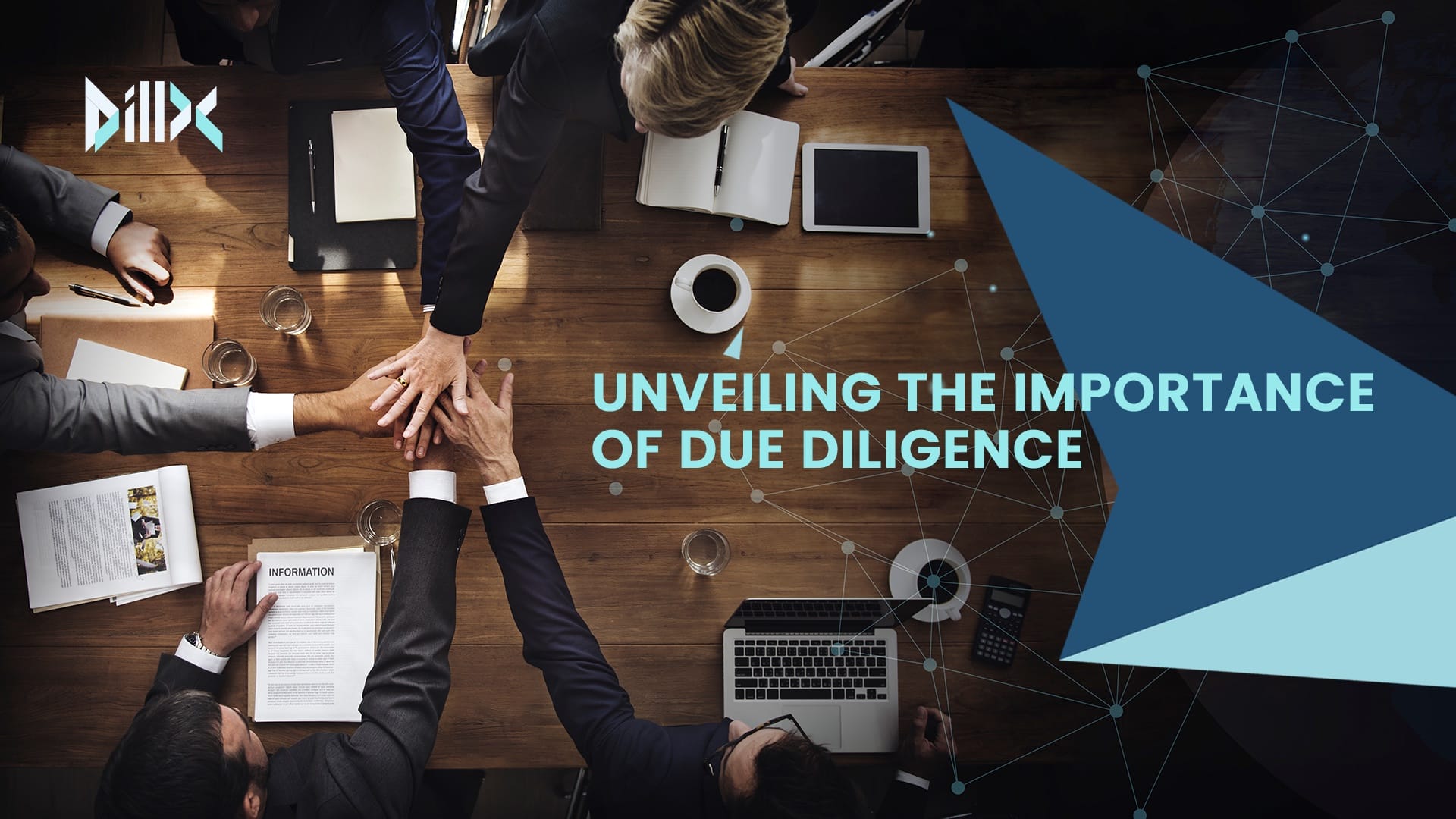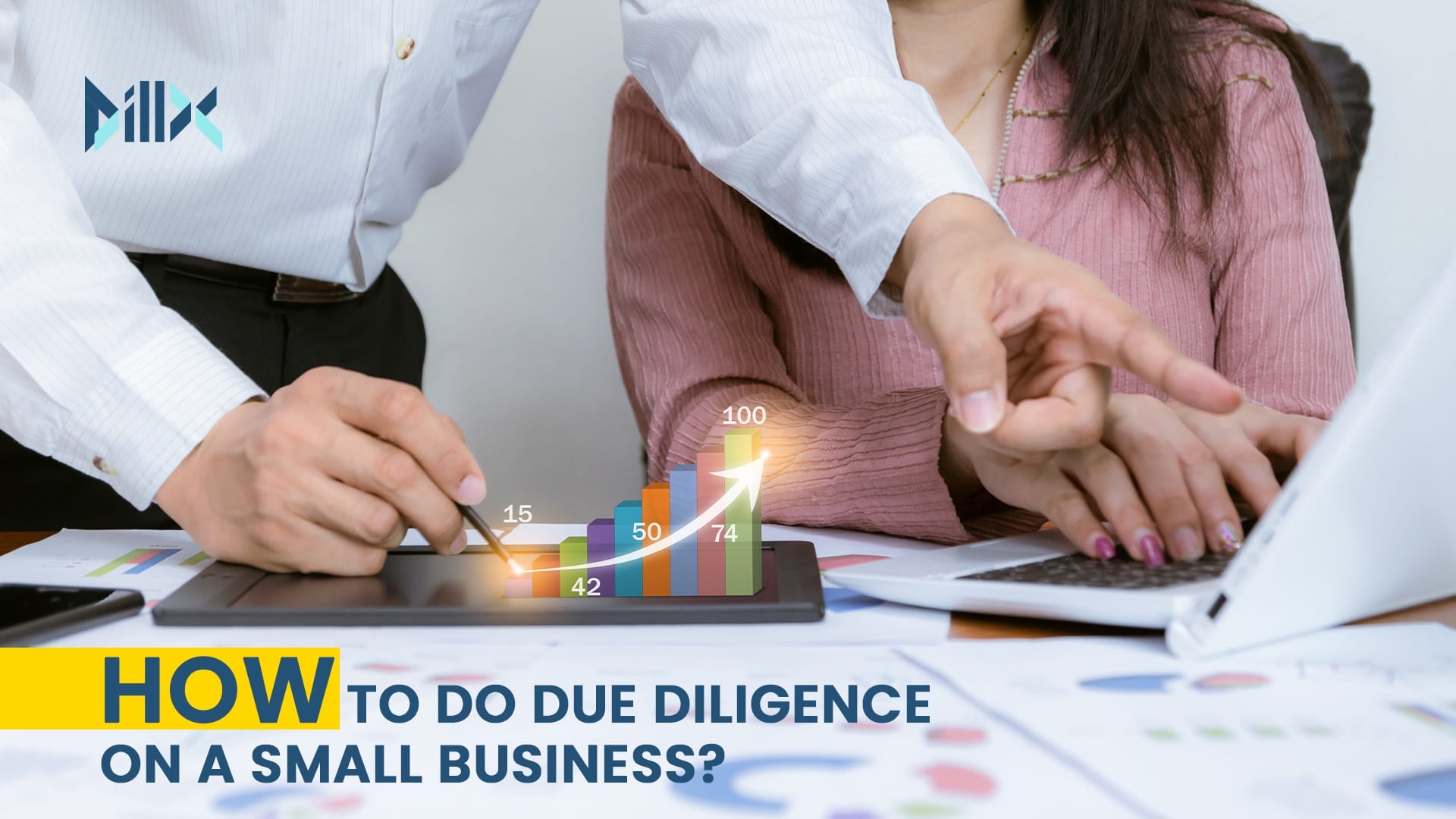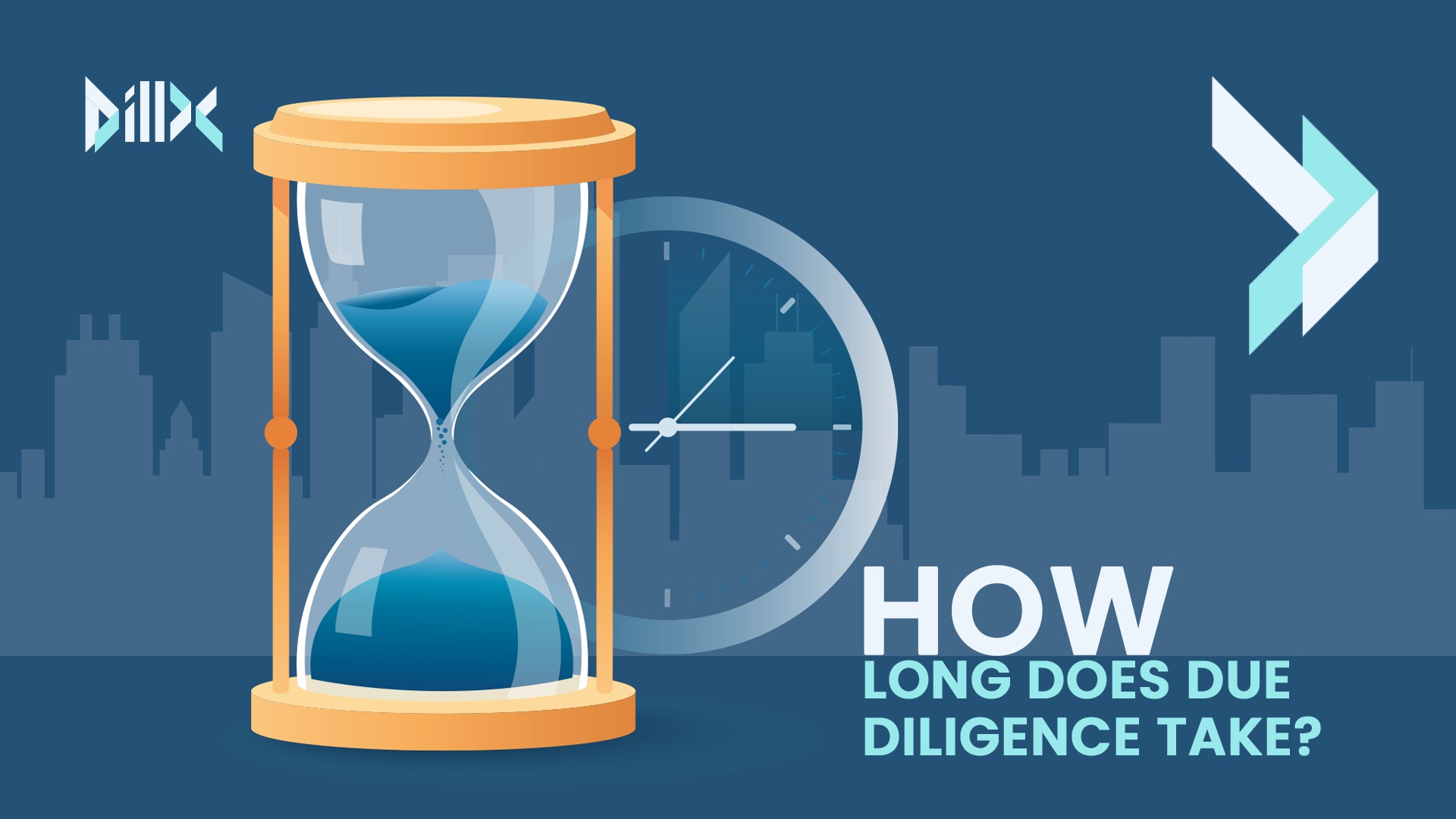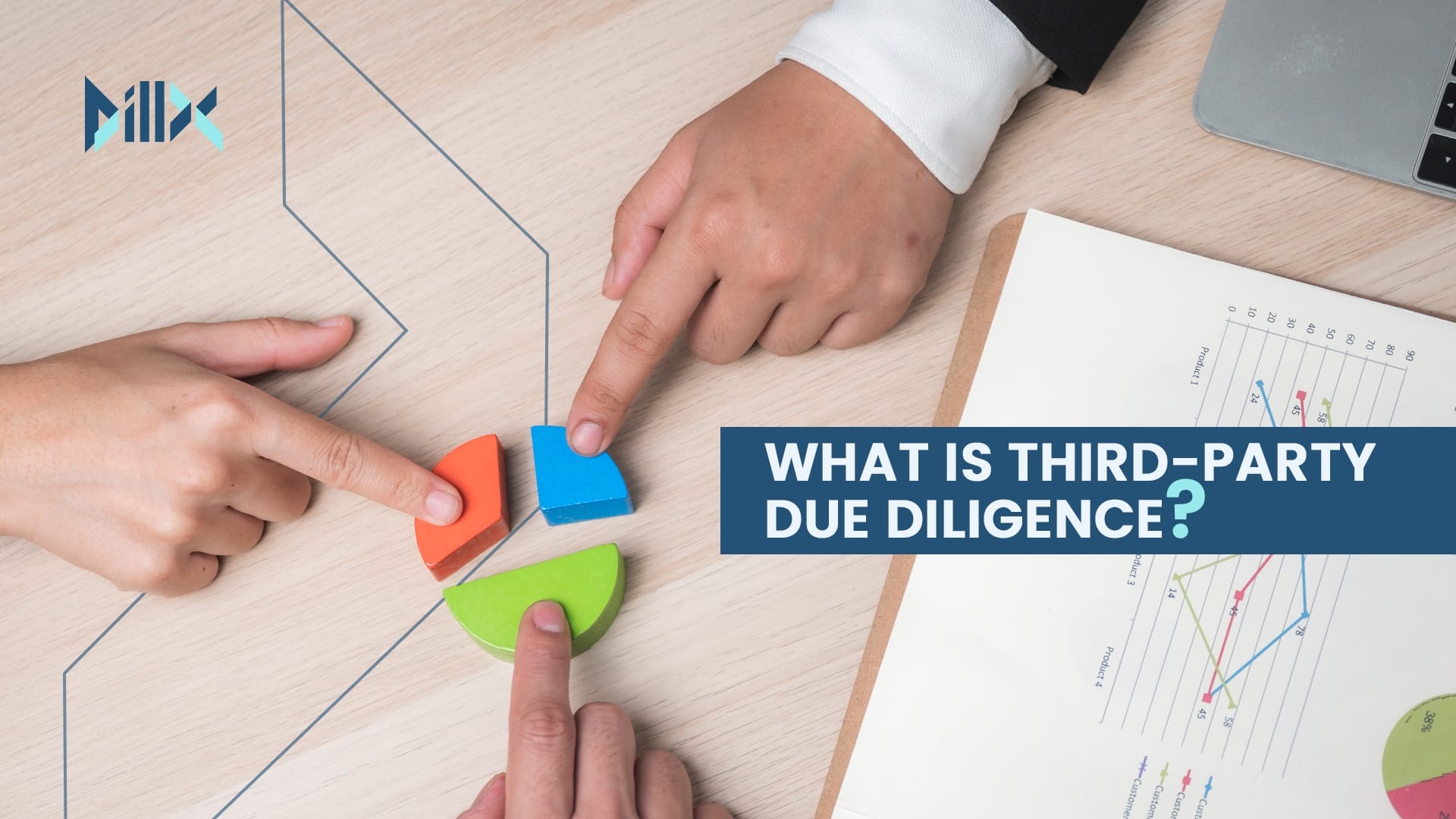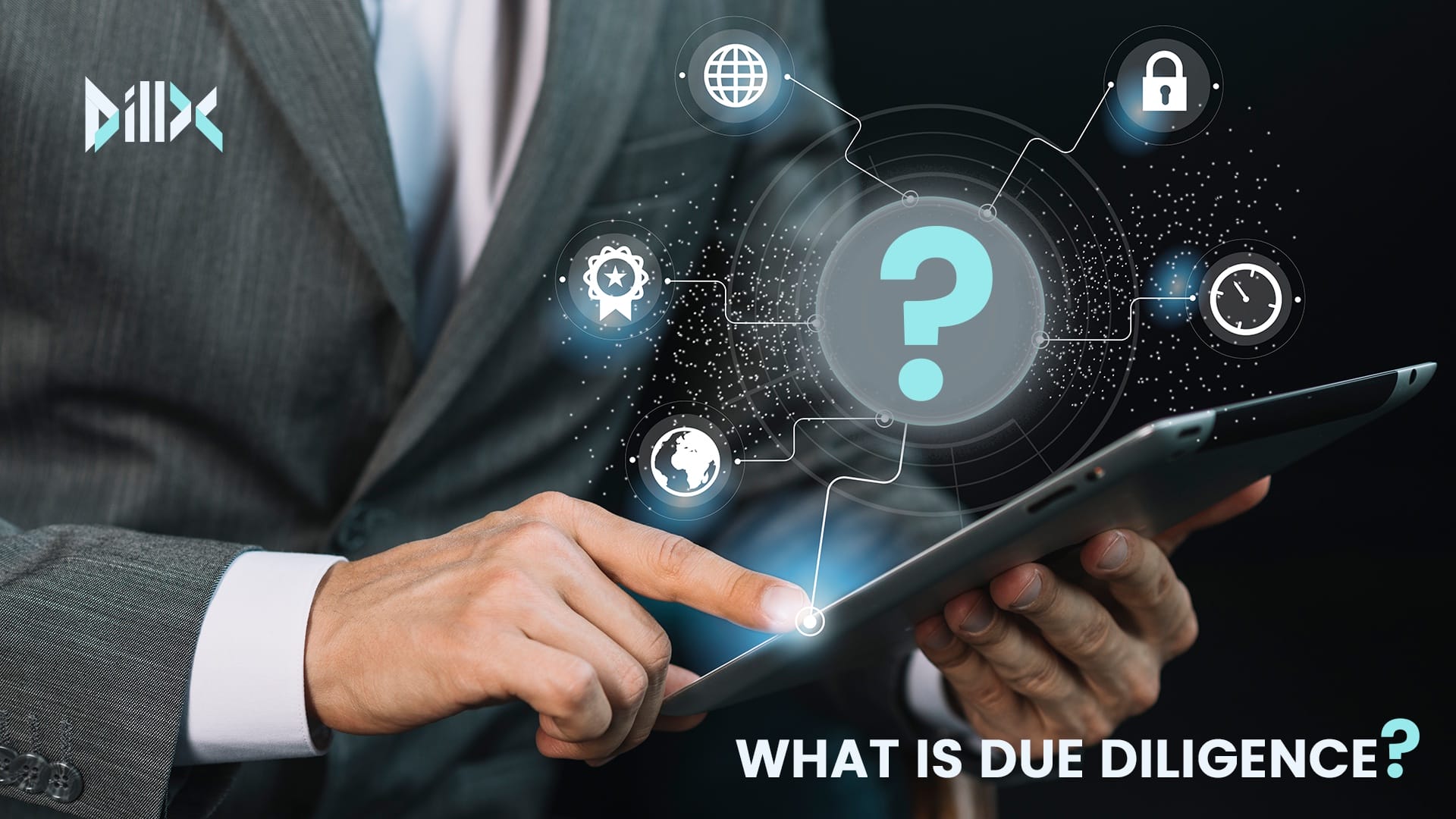In the complex world of business transactions, an essential element that cannot be overlooked is the due diligence audit. It serves as a rigorous evaluation procedure that uncovers potential risks, validates data, and ensures a transparent transaction process. So, what is due diligence audit? This article provides an in-depth exploration of this crucial process.
Definition: What is Due Diligence Audit?
A due diligence audit is a meticulous assessment of a company’s overall financial health and operational status. It’s typically performed before significant decisions such as mergers, acquisitions, or investments. The primary objective is to identify any hidden liabilities or potential red flags that could affect the transaction’s overall value and success.
Importance of Due Diligence Audit
The significance of a due diligence audit cannot be overstated. It’s not just about compliance, but also about making informed decisions that can impact the future of a business.
Buyer’s Perspective
For buyers, a due diligence audit serves as a protective shield. It helps in validating the information provided by the seller, ensuring the transaction is based on accurate and truthful data. By shedding light on potential risks and liabilities, it allows the buyer to make an informed investment decision.
Seller’s Perspective
From the seller’s point of view, a comprehensive due diligence audit can increase the buyer’s confidence and trust. It helps in validating the seller’s claims while also revealing areas of improvement that can enhance the business’s value.
Due Diligence Audit Steps
A thorough due diligence audit involves evaluating various layers of a company’s operations. Here are the typical steps involved:
- Financial Due Diligence: This involves a thorough examination of the company’s financial statements, tax compliance, revenue trends, and expense analysis.
- Legal Due Diligence: This step ensures that the company complies with all legal obligations, and verifies the status of ongoing legal issues.
- Operational Due Diligence: This checks the company’s operational efficiency, including the status of machinery, equipment, and technology, as well as productivity levels and operational bottlenecks.
- HR Due Diligence: This evaluates the company’s human resources, identifying skills gaps, turnover rates, employee incentives, and high-performance employees.
- Tax Due Diligence: This ensures that all tax obligations are up-to-date and identifies any unclaimed tax rebates.
Adding Value with a Due Diligence Audit
Undertaking a due diligence audit can add significant value to your company, regardless of whether you find a suitable buyer. It serves as a detailed internal audit for your company, helping to identify areas of improvement.
Here’s where a due diligence audit can add value:
Financial
- Identification of costs growing faster than revenues
- Identification of seasonal or long-term income trends
- Comparison with industry peers
- Careful budgeting using assembled information
- Identification and elimination of unnecessary costs
Legal
- Identification of potential legal problems
- Ensuring compliance and licenses are up-to-date
- Checking the status of ongoing legal issues
- Identification of gaps that may expose the company to legal procedures
Operational
- Identification of outdated or underperforming equipment
- Verification of positive productivity trajectory
- Identification of operational bottlenecks
- Checking the validity of existing operational KPIs
HR
- Identification of skills gaps in human capital
- Ensuring healthy turnover levels
- Checking if employee incentives align with company strategy
- Identification and management of underperforming employees
Tax
- Ensuring all tax obligations are up-to-date
- Identifying unclaimed tax rebates
Challenges in Conducting a Due Diligence Audit
Conducting a thorough due diligence audit can be challenging. The primary challenges involve determining the right questions to ask and being honest about the answers.
A practical approach to tackle these challenges is to assemble a due diligence audit team that brings diverse perspectives to the table. This team should ideally comprise accountants, financial advisors, lawyers, and business mentors.
Role of Technology in Due Diligence Audit: Introducing DillX
With technology reshaping every industry, due diligence audits are no exception. One such pioneering solution is DillX, a comprehensive platform designed to simplify and streamline the due diligence process.
In-depth Automation: DillX uses advanced algorithms and artificial intelligence to automate document review and information classification processes, which are traditionally labor-intensive and prone to errors.
Addressing Legal Complexities: DillX has an adaptive legal framework that caters to the specific legal nuances of different regions. It ensures the platform’s functionalities remain in sync with evolving legal landscapes.
Time & Efficiency: DillX drastically reduces the time taken for due diligence reporting. By automating the bulk of due diligence, professionals can reallocate their time to more strategic, value-added activities.
Commitment to Compliance: DillX integrates regulatory requirements from jurisdictions worldwide. It also establishes partnerships across various jurisdictions to ensure its compliance mechanisms are precise and up-to-date.
Dedicated Team Behind DillX: Led by visionaries like Abdullah Fahmy (CEO) and Sarah Diab (COO), the DillX team ensures a holistic approach to due diligence.
Conclusion
Understanding what is due diligence audit is essential for anyone involved in business transactions. It is a crucial process that ensures transparency, validates data, and uncovers potential risks. With the advent of platforms like DillX, this process is becoming more streamlined and efficient, revolutionizing the future of due diligence.


